On Air Now
Calm Classics with Ritula Shah 10pm - 1am
Alan Titchmarsh is a huge fan of British music and every Saturday morning at 10.30, he shares a piece of music associated with a British composer or place. Is there a piece connected with where you live or somewhere you like to visit? You can request your British Discovery using the form below.
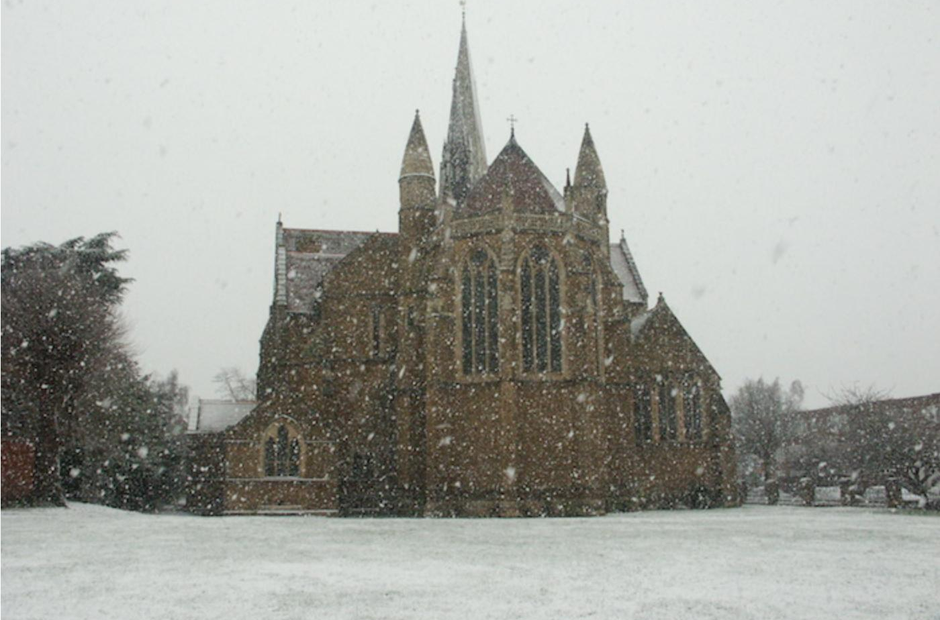
This 1946 festival anthem - memorialising the celebration of the Eucharist -was originally a choral piece commissioned for St Matthew's Church in Northampton (pictured). Finzi assembled the text from two poems by 17th century metaphysical poet Richard Crashaw. Most recently it's Amen section it has been arranged for saxophonist Amy Dickson.
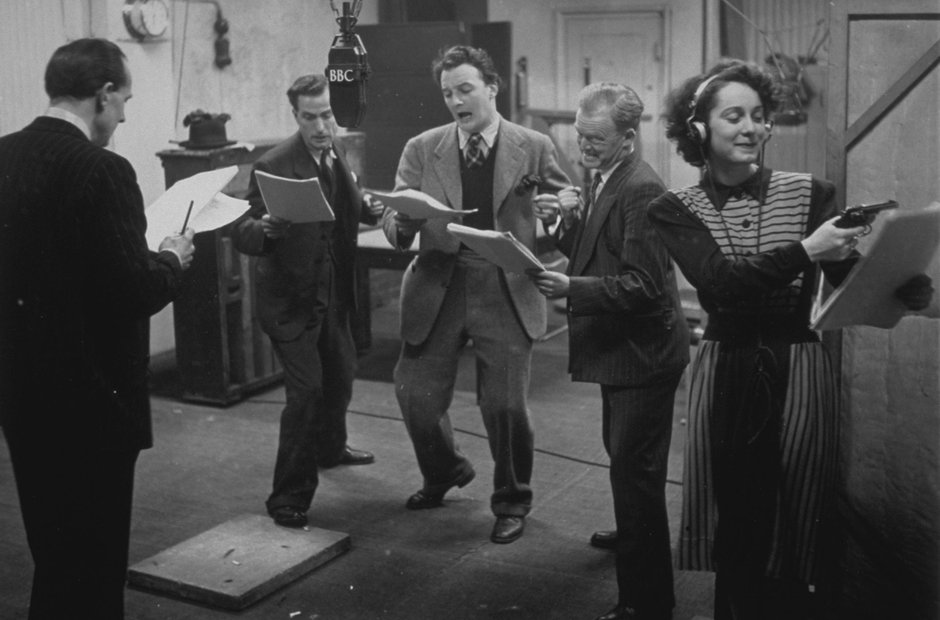
This rollicking theme became famous from the radio serial Dick Barton – Special Agent. It has since been used countless times for TV chases, including on Dad's Army, Dangermouse and The Goodies. Monty Python's Flying Circus used it often including in the famous Spanish Inquisition sketch.
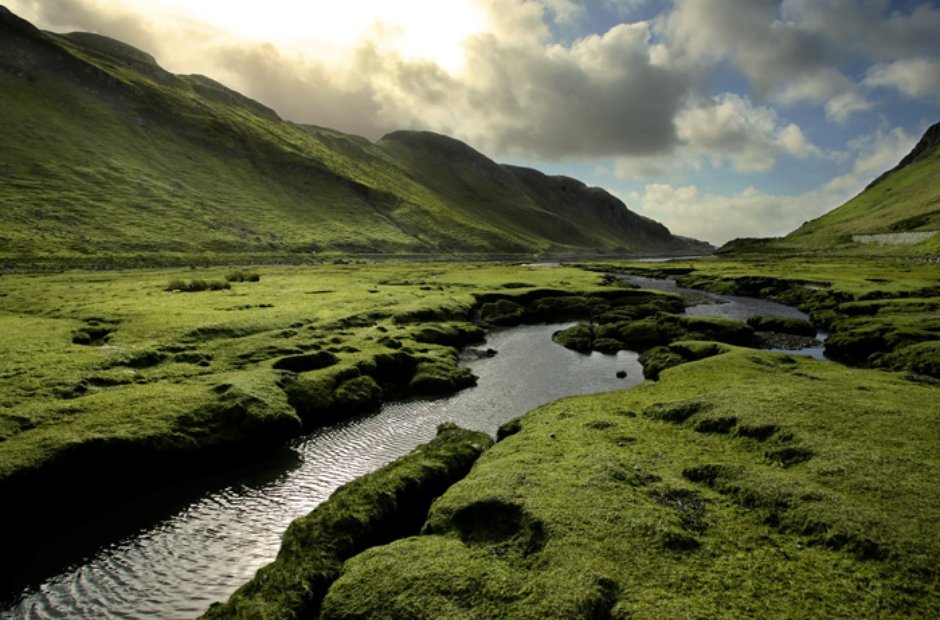
Arnold wrote his Four Scottish Dances in 1957, intended to evoke Scotland with reels, snap rhythms and instruments imitating bagpipes. Each of the four is inspired by - although not based on - Scottish country folk tunes and dances. The second, labelled Vivace, is a lively reel with a "tipsy" middle section.
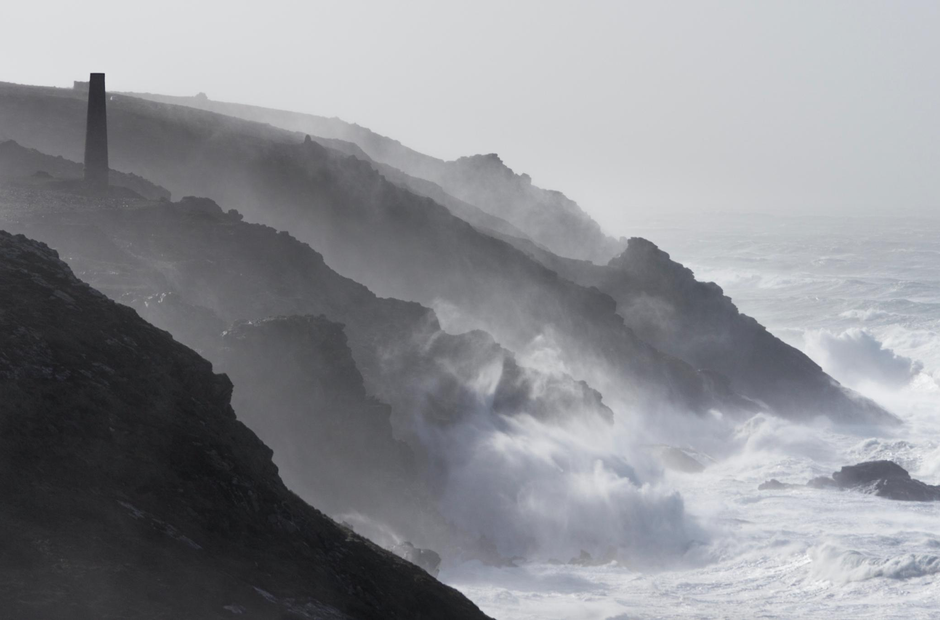
The Dream of Olwen features as the main plot device, reprised at intervals throughout the 1947 film, While I Live. Set in Cornwall, it tells the story of a prodigious young pianist and composer who sleepwalks off a cliff after completing the piece. 25 years later, a mysterious woman turns up who can expertly play the piece. But who is she?...

Most requiems are based on the medieval church’s Mass for the Dead, with its emphasis on judgement and damnation. For his Requiem, Goodall attempted rather to provide some solace for those still living, stripping back the Latin texts to a few phrases in each movement and laying beside them words from English poems from across the last 500 years.
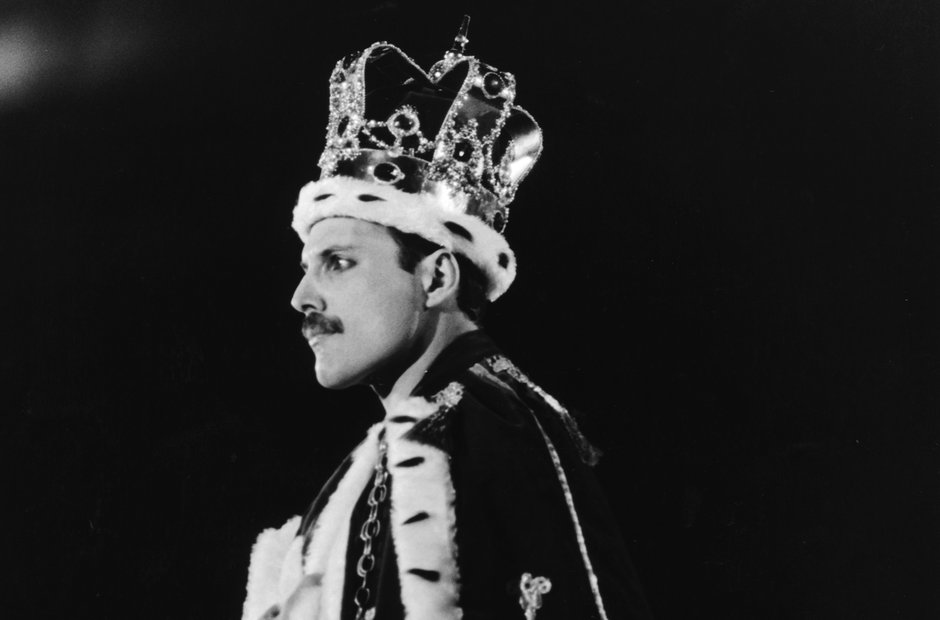
Composed in 2002 by Turkish composer Tolga Kashif, the Queen Symphony paid tribute to the timeless songs of the iconic rock band Queen - Who Wants to Live Forever and Bohemian Rhapsody amongst them. The music is distinctly symphonic, building on musical fragments and adding brand new material.
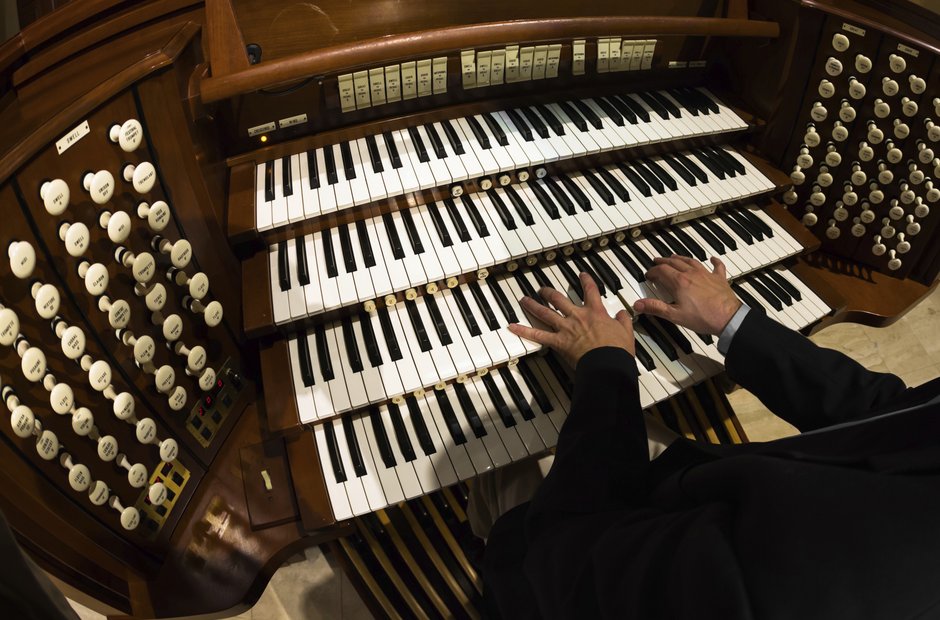
The English organist Harold Darke is celebrated mainly as the composer of a version of the carol, 'In the Bleak Midwinter'. Less well-known are Darke's instrumental works. This introspective piece is perhaps more familiar as an organ work but has recently been given a fine string orchestration and recorded by the Chamber Ensemble of London.
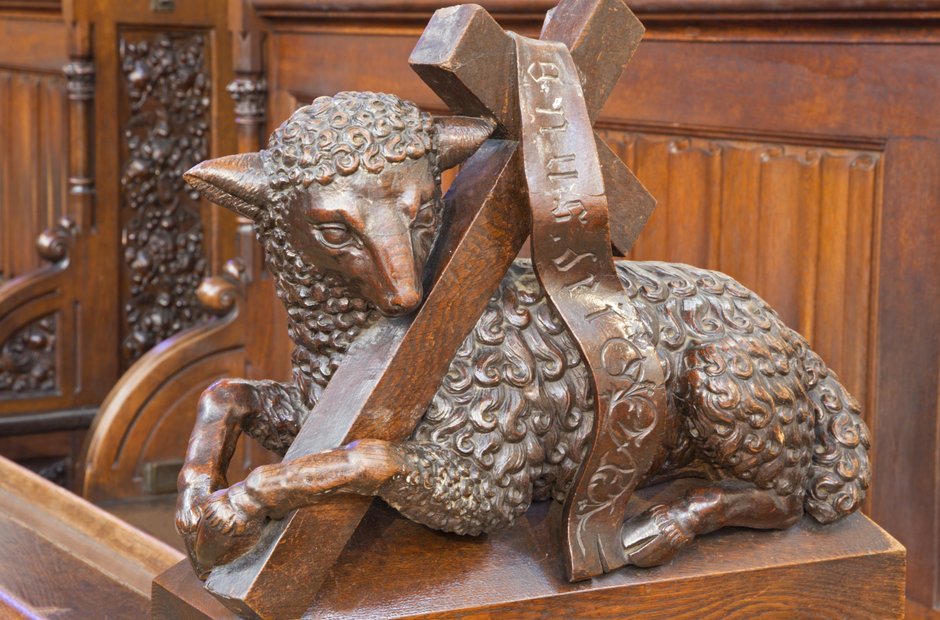
Will Todd's sublime setting of the favourite psalm was written in 2009 as the fourth movement of his Te Deum. It was originally performed by a choir of 120 school children in Guildford Cathedral and has since been used frequently in worship.
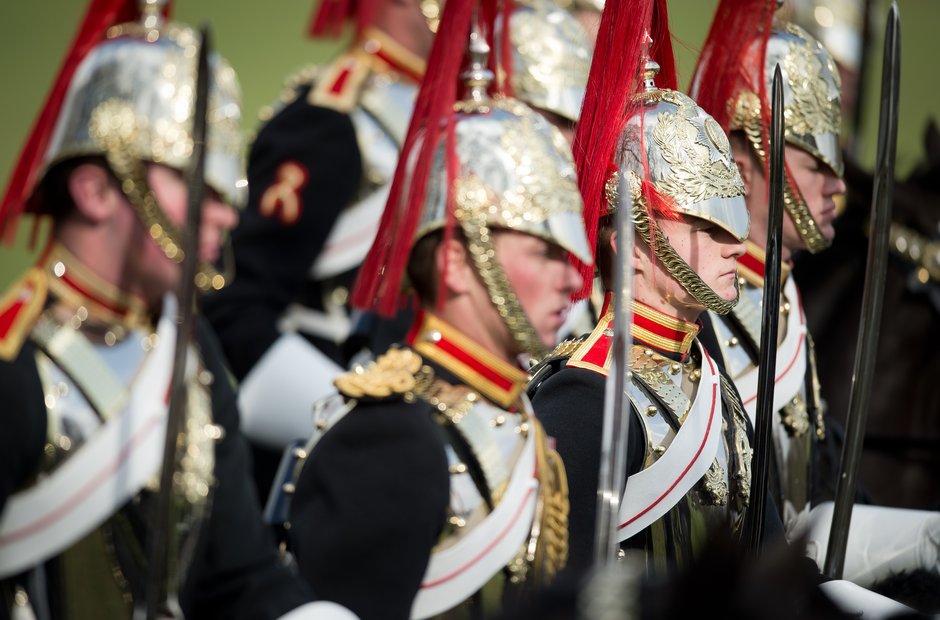
Monckton was one of the most popular composers of British musical comedies in the Edwardian era. This rousing march comes from his 1898 hit show, A Runaway Girl, which tells the story of an Englishwoman who joins a group of musicians in Italy (who are really bandits).
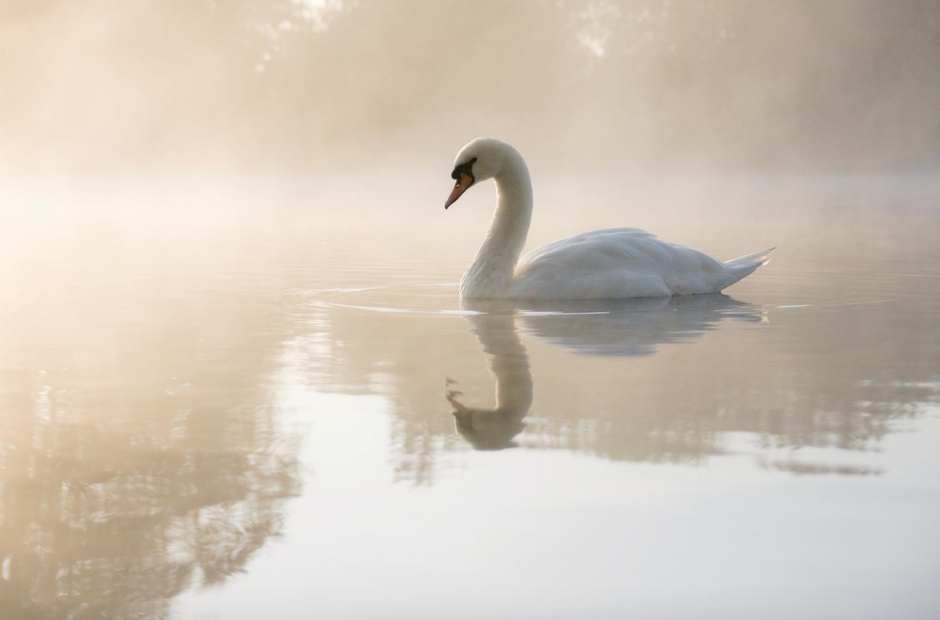
Catriona McKay is a Scottish harp player whose own compositions are atmospheric and graceful. This is a gentle folk-tinged piece which conjures up the image of a languid summer's day by a lake, with swans of course.
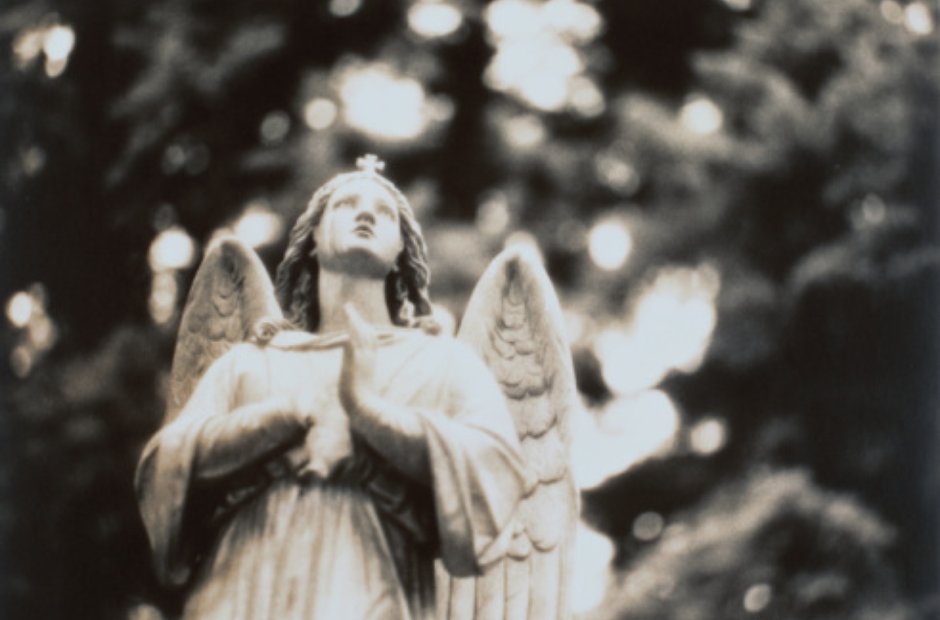
This haunting and evocative piece for solo violin, strings and harp, was dedicated to Patrick Hawes's father who once saw angels. The title comes from a hymn tune by Orlando Gibbons and the character of his melody is reflected in the piece.
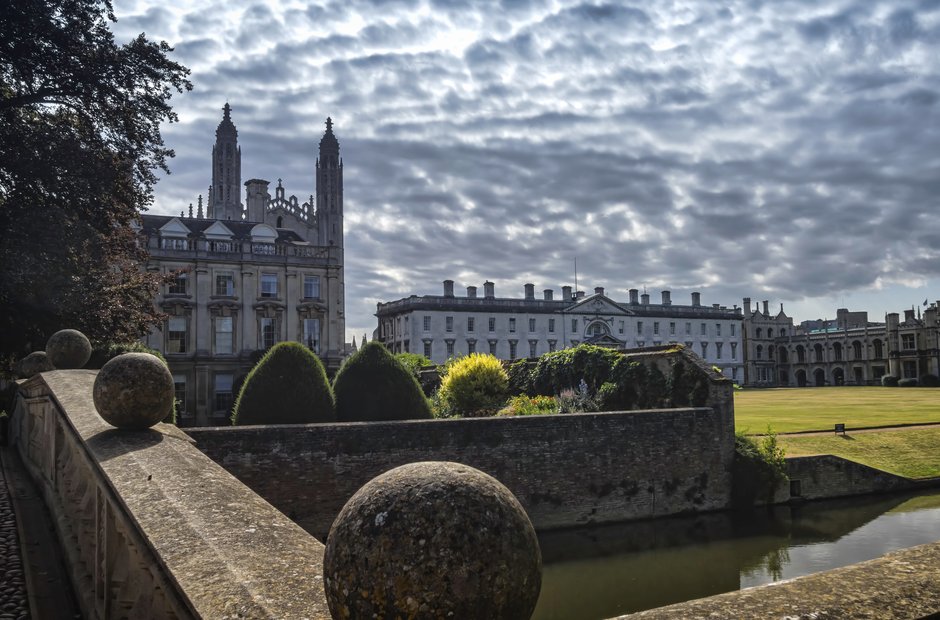
An unashamedly melodic and heart-warmingly nostalgic piece, this is one of the most attractive pieces by Munsey, a former history scholar at Kings College Cambridge (pictured). He has released several albums of vocal and instrumental works as well as enjoying a long, wide-ranging and productive career as a film and TV producer and distributor, a documentary film-maker and an author.
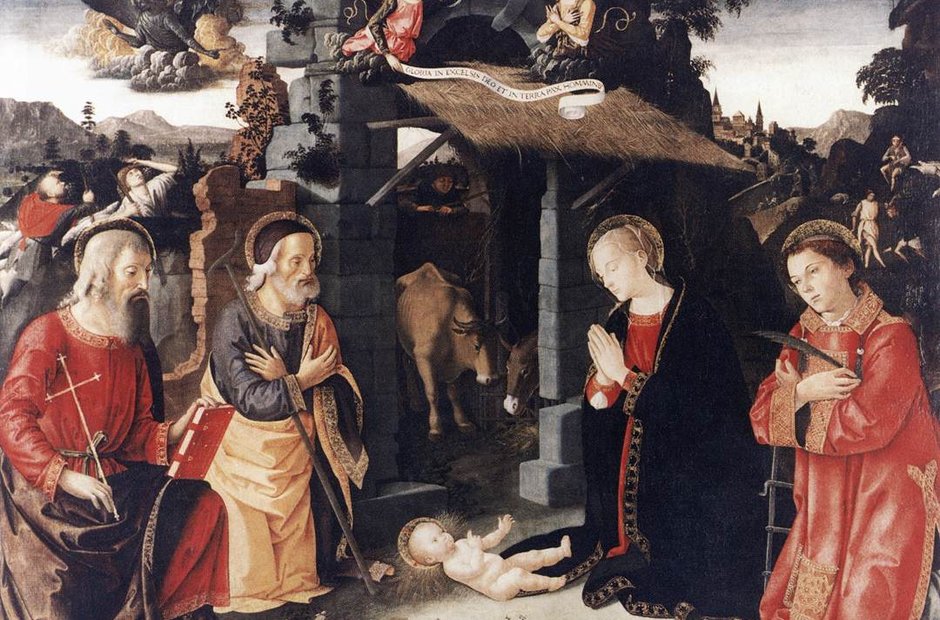
Bob Chilcott cut his choral teeth as a chorister at King's College, Cambridge, and for 12 years was a member of The King's Singers. For the last 20 years, he has written a wide variety of choral music, including a wide range for young choirs. This atmospheric carol is melodious, tender and touching.
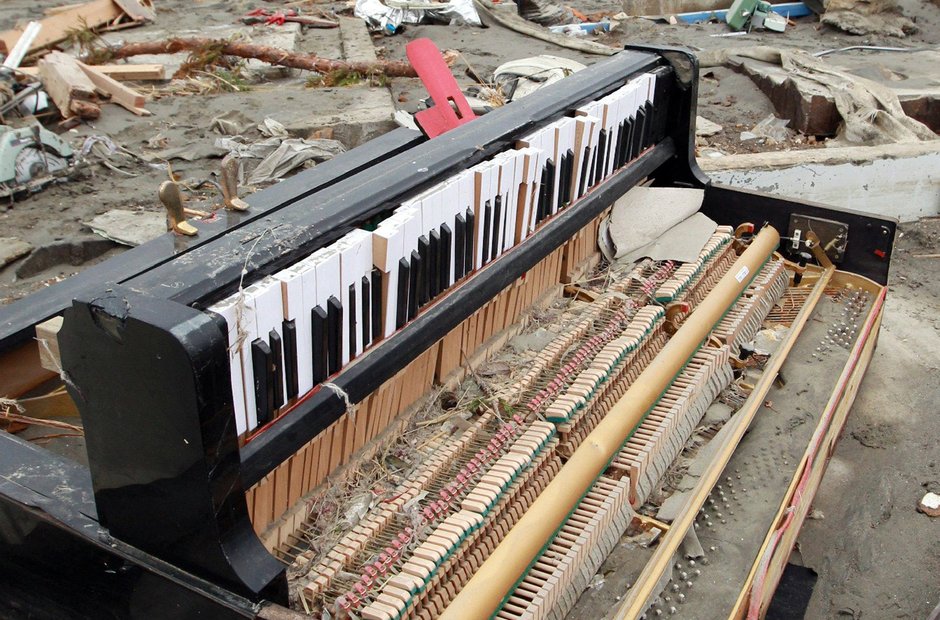
Composed in memory of the victims of the Tohoku area earthquake and tsunami, March 2011, this reflective and heartfelt John Rutter piece has a simple, appealing melody, rich harmonies, and a flowing accompaniment.
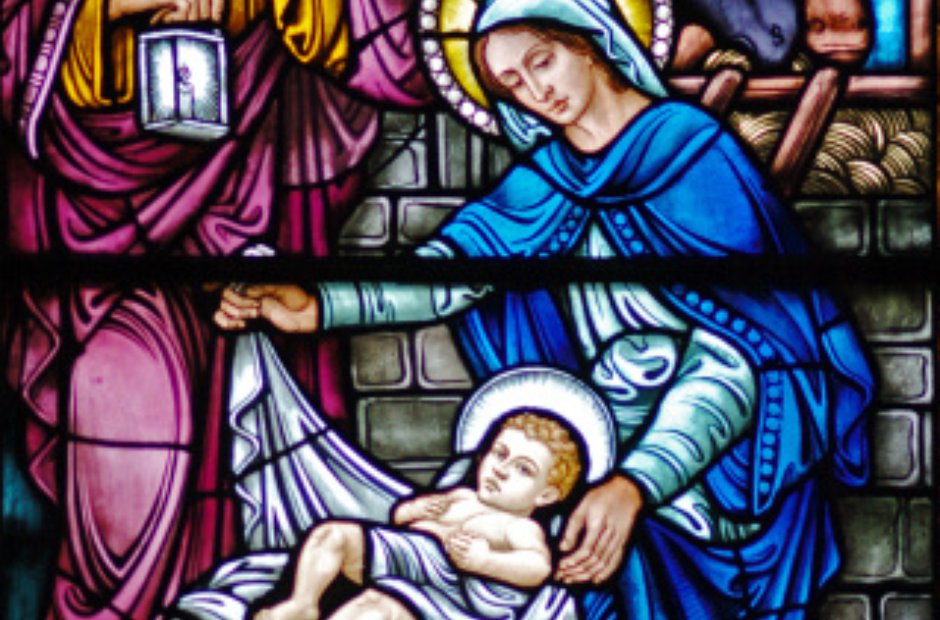
This lovely lilting carol was actually written for an advertising campaign on Classic FM for Christmas in 2004. It has subsequently become a seasonal favourite.
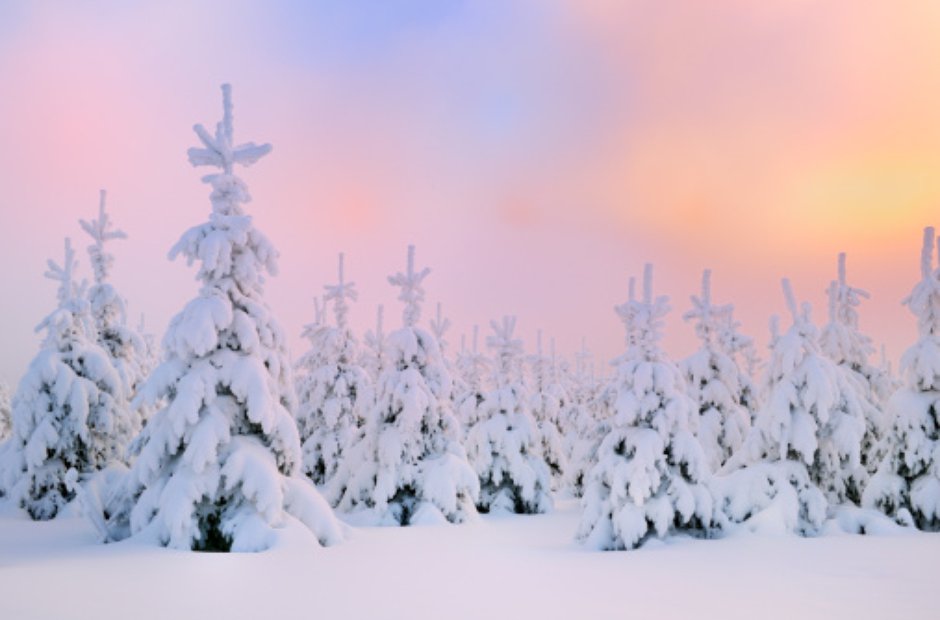
One of the UK’s most successful songwriter-composers, Mike Batt is best known for his astounding chart success with The Wombles and for penning Art Garfunkel’s ‘Bright Eyes’. But the diversity of Batt's classical music is also awe-inspiring. The Christmas Overture is a very delicate mixture of Silent Night and Ravel's Bolero.
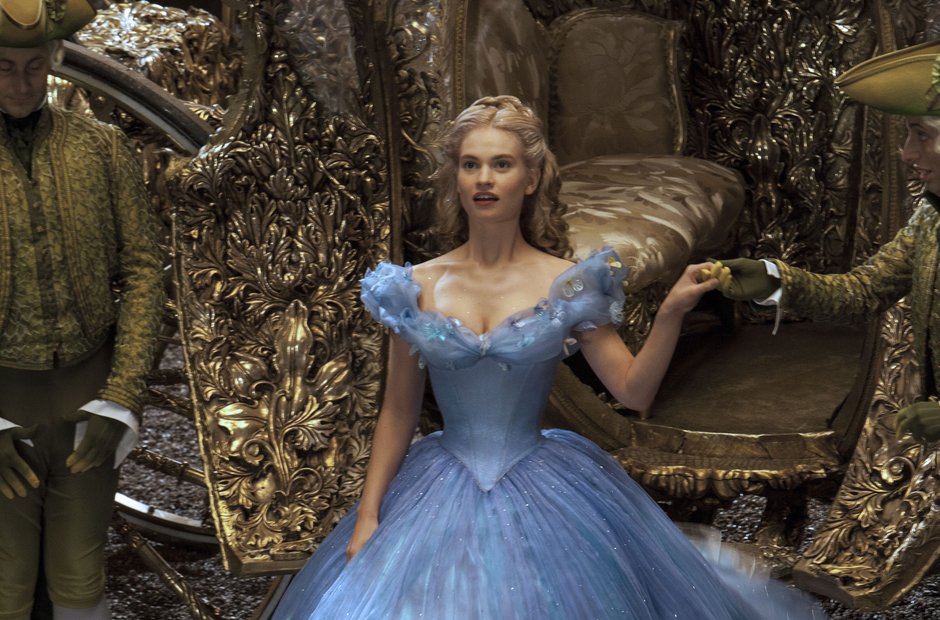
For his dazzling score to Disney's successful live-action version of the classic fairy tale, directed by Kenneth Branagh, Patrick Doyle infused every note of the music with the heroine's optimism.
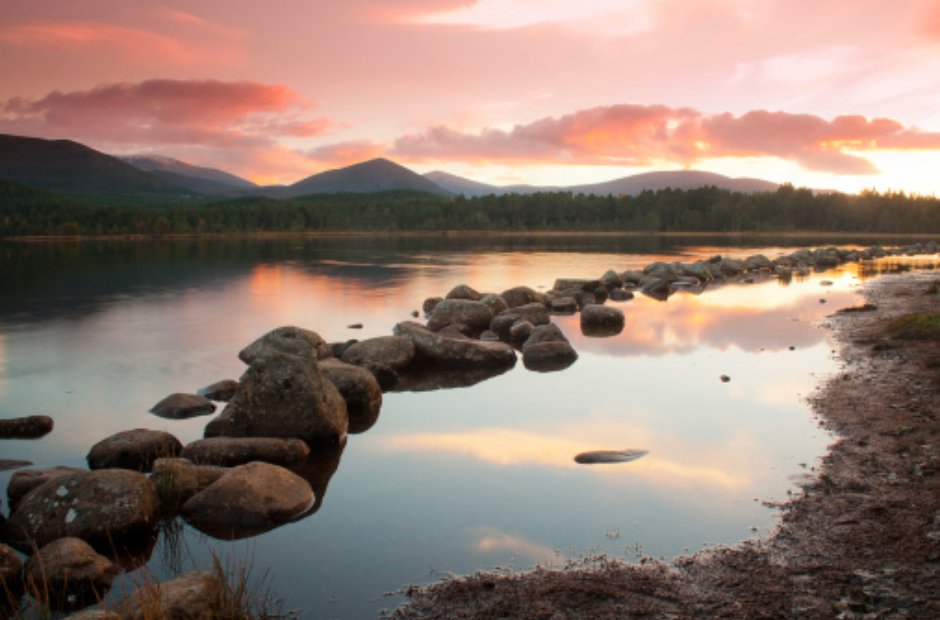
John Foulds (1880–1939) was a largely self-taught composer of light music and theatre scores. He was an adventurous composer with a passion for India and Indian music. But his light music was more highly acclaimed - which irritated him. In the 1920s, his beautiful Keltic Lament was played daily on the radio, leading Foulds to complain to Adrian Boult that his serious music was not being performed.
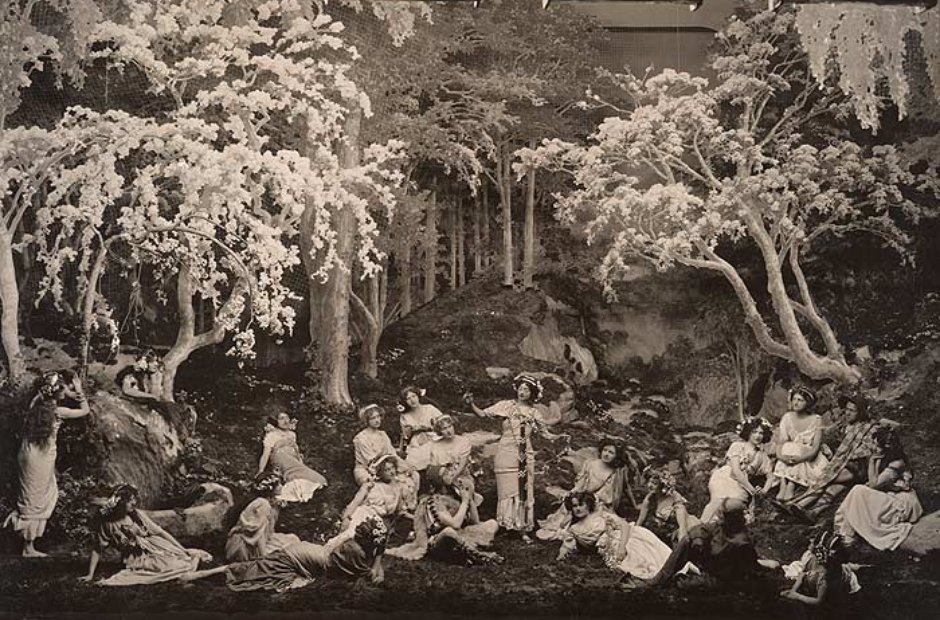
The finest of Edwardian musical comedies, this 1909 stage show told the story of a group of idyllic Arcadians who want to transform wicked London into a land of truth and simplicity. Monckton was clearly influenced by Gilbert and Sullivan but, as one critic noted, The Arcadians 'stands out among other plays of its class' with 'moments to be remembered with joy'.
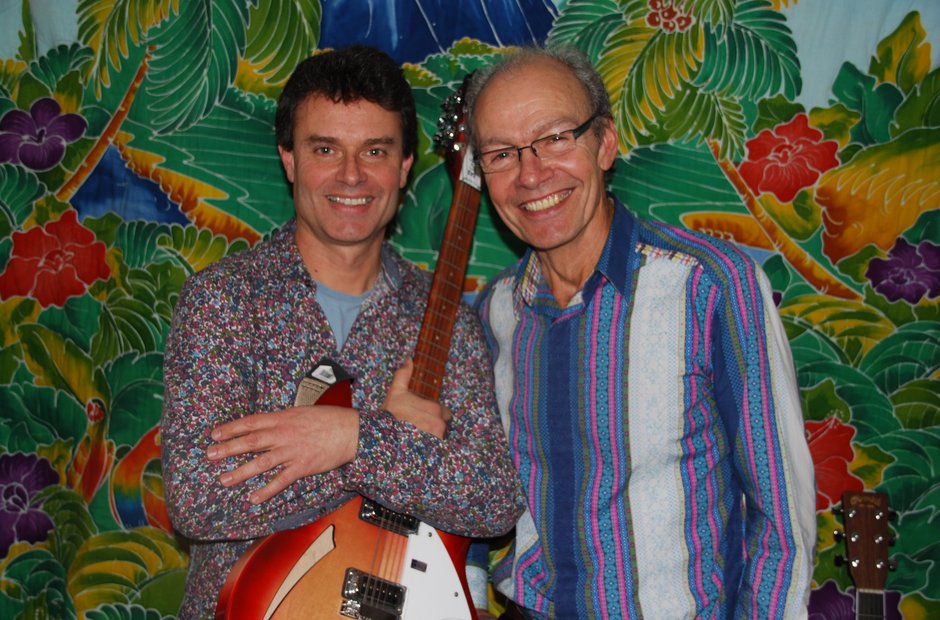
Classic FM presenter John Brunning’s first Guitar Concerto was premiered in Norwich on 21 February 2015. The title Concerto Magna Carta was suggested by a Classic FM listener and the first performance was given by Craig Ogden at St. Andrew's Hall, Norwich. It’s beautiful, lyrical and in the best tradition of English pastoral music.
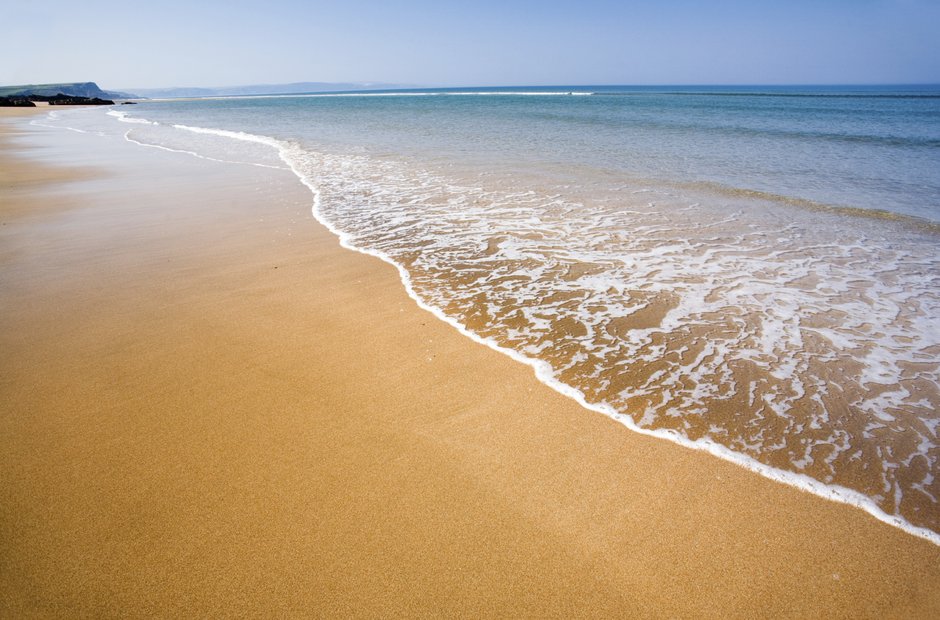
Cornish Rhapsody is often played as a companion piece to the more famous Warsaw Concerto. Bath’s composition features in the 1945 film, Love Story, starring Margaret Lockwood and Stewart Grainger. Lockwood played a concert pianist, and her composition of the Rhapsody reflects her love both for Grainger and the Cornish landscape that provides much of the setting for the film. The Rhapsody is heard in the film in a Royal Albert Hall concert. Picture: istock
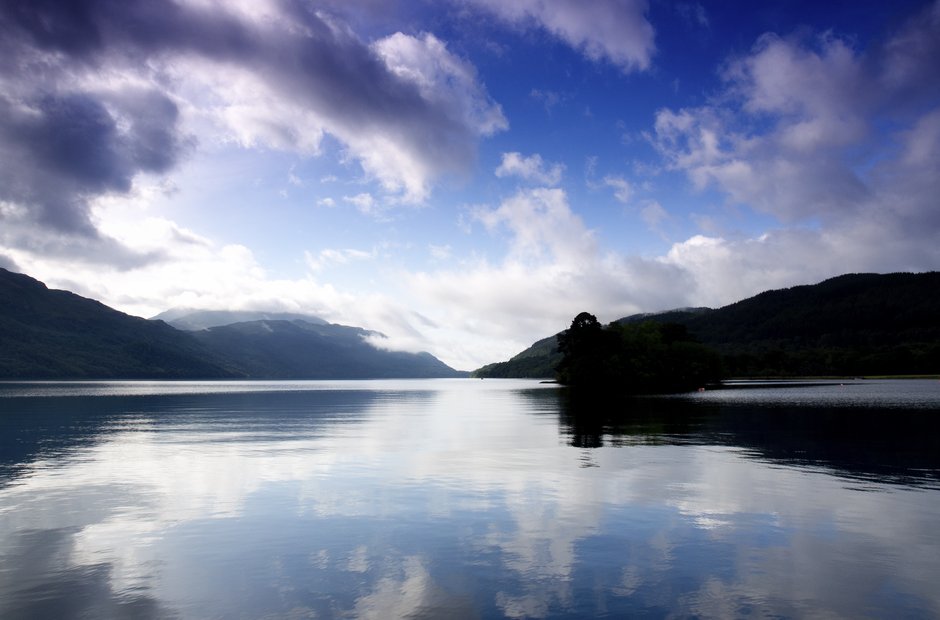
Also known as ‘The Water Is Wide’, O Waly, Waly is a Scottish folk song based on lyrics, some of which date back to the 17th century. The song describes the challenges of love over a period of time from being ‘handsome’ and ‘kind’ to ‘old’ and ‘cold’. The song has been recorded by Classic FM presenter (and baritone) Alexander Armstrong for his debut album.
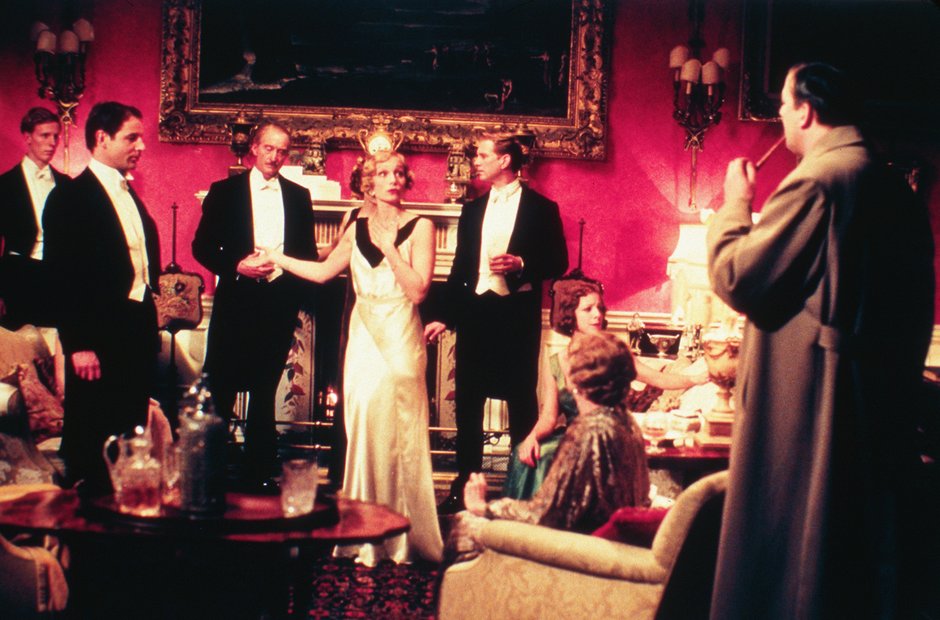
Gosford Park’s director Robert Altman asked composer Patrick Doyle to integrate the songs of Ivor Novello into the overall score. Doyle used the film's main character, the Scottish Mary, as a focal point for his music, incorporating musical influences from her homeland. Doyle described the collaboration with Altman as "one of the happiest of my career."
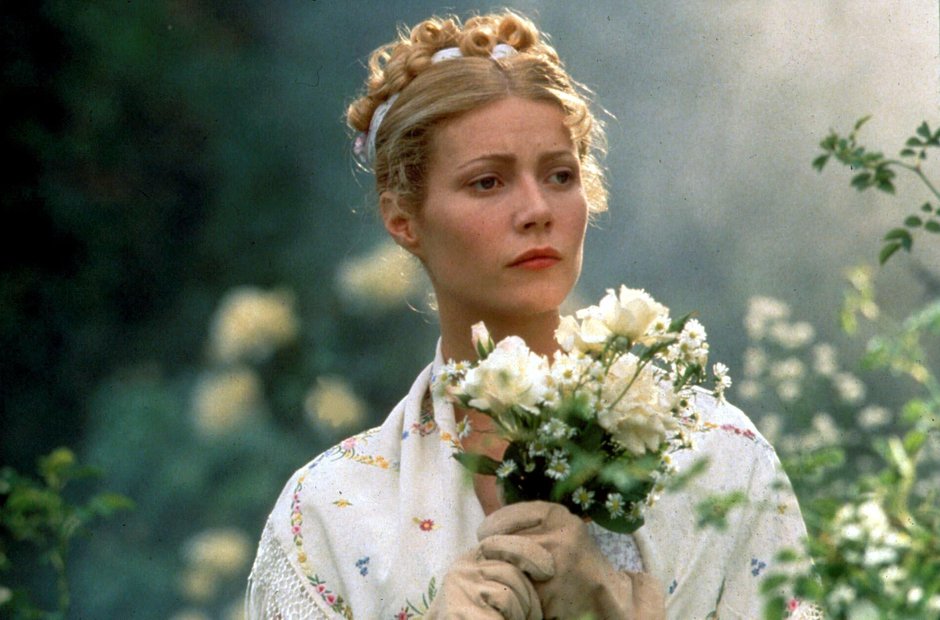
Rachel Portman won an Academy Award for her score to the 1996 movie adaptation, starring Gwyneth Paltrow. It’s a romantic and sometimes whimsical, even mischevious, score with delicate strings and woodwinds, all combined to conjure up the genteel world of Jane Austen’s novel.
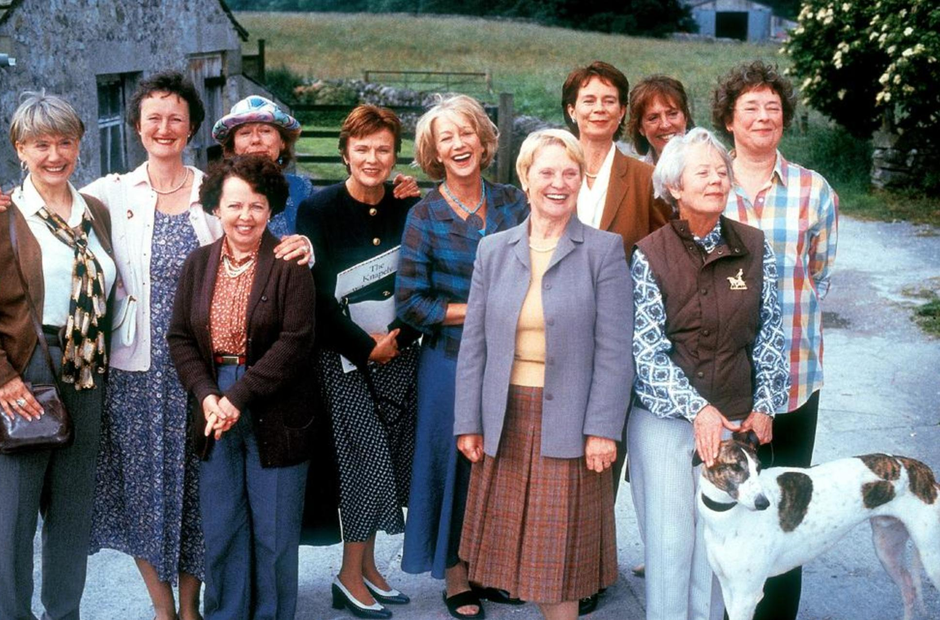
This song was sung on the Calendar Girls soundtrack by Nashville-based singer Beth Nielsen Chapman. It’s a touching romantic melody, given a new lease of life by the composer Patrick Doyle who recently recorded it along with his other compositions for an album of solo piano renditions.
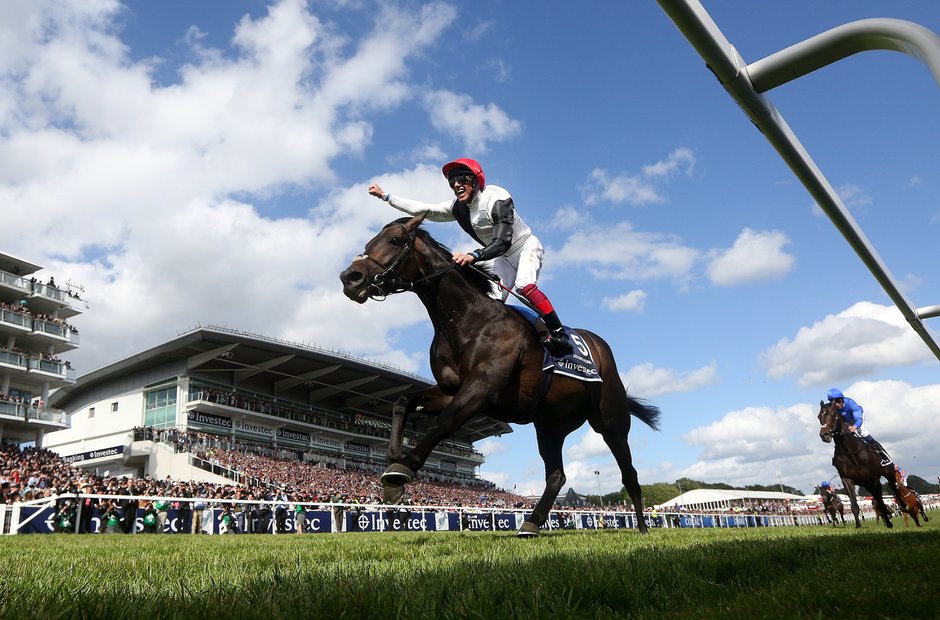
The Canadian-born composer Robert Farnon made his home in England since the Second World War brought him to Europe with the Canadian Band of the Allied Expeditionary Force. This light-hearted march has a touch of the Monty Pythons about it.
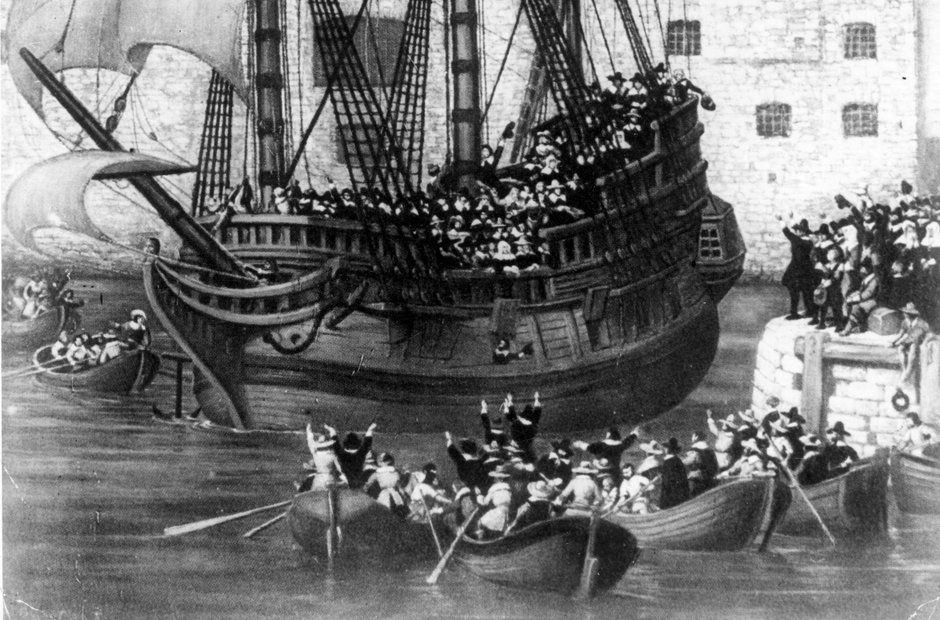
This beautifully crafted overture dating from 1914 is a veritable potpourri of nautical melodies, beginning with the sailor's hornpipe, ‘Jack's the Lad’ and ending with a burst of 'Rule, Britannia!'
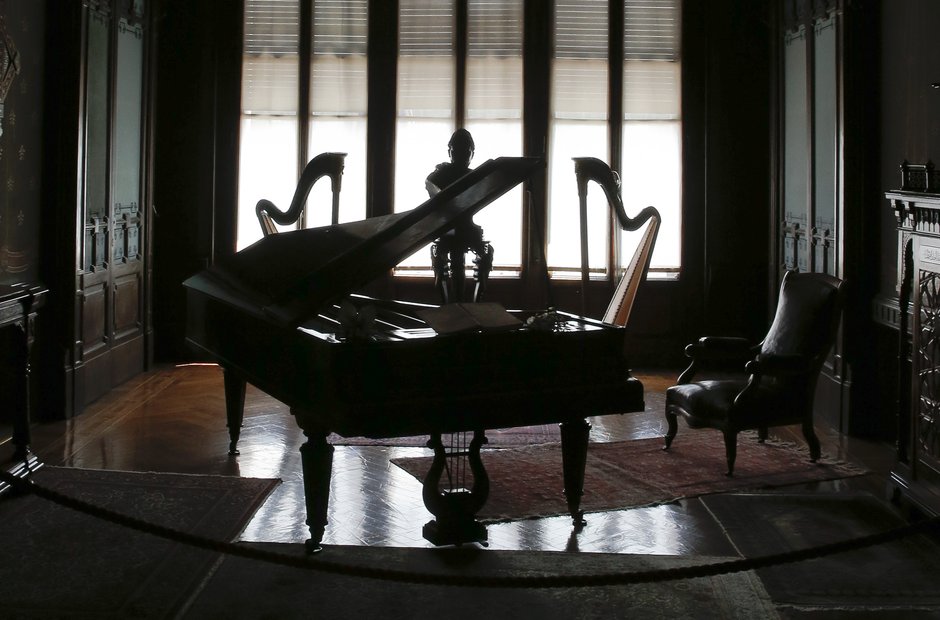
Over the past 25 years, there are probably few people in the UK who have not heard a theme from one of Debbie Wiseman’s films or TV shows. They include Wilde, Wolf Hall and A Poet in New York. Now Classic FM’s Composer in Residence, Debbie has written this wonderfully wistful and evocative piano solo which shows her craft at its best. AP Photo/Luca Bruno
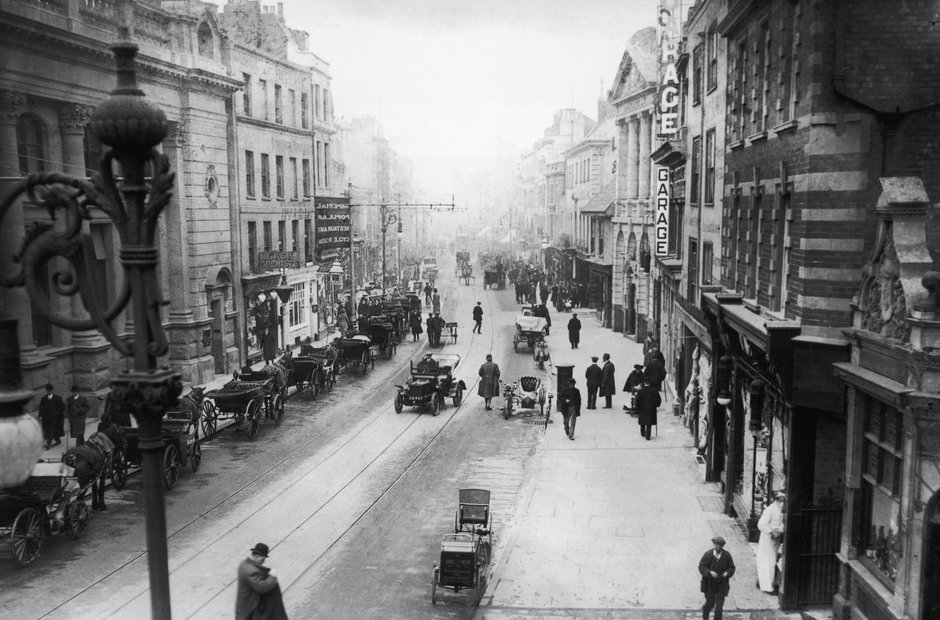
Cheltenham Ladies College commissioned this work to celebrate the centenary of its music department. It was first performed in July 1982. Lane’s music evokes both the peaceful and bustling character of Cheltenham, as well as containing an allusion to one of the city’s famous sons, Dr. Edward Wilson, who perished with Scott on his fateful Antarctic expedition, and whose statue looks down on the town's main tree-lined Promenade.
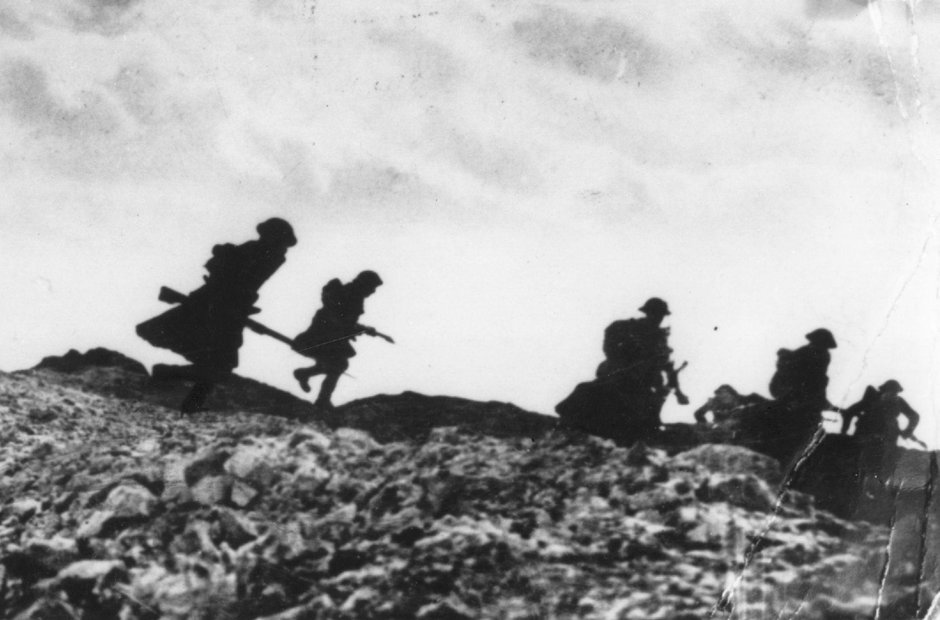
Former Classic FM Composer in Residence Patrick Hawes has recently unveiled the first taste of his forthcoming Great War Symphony. The extract, titled Christian Soldiers, is a three-minute excerpt from the symphony, which is due to be premiered in 2018. The new symphony will be in four movements: one for each year of the Great War.
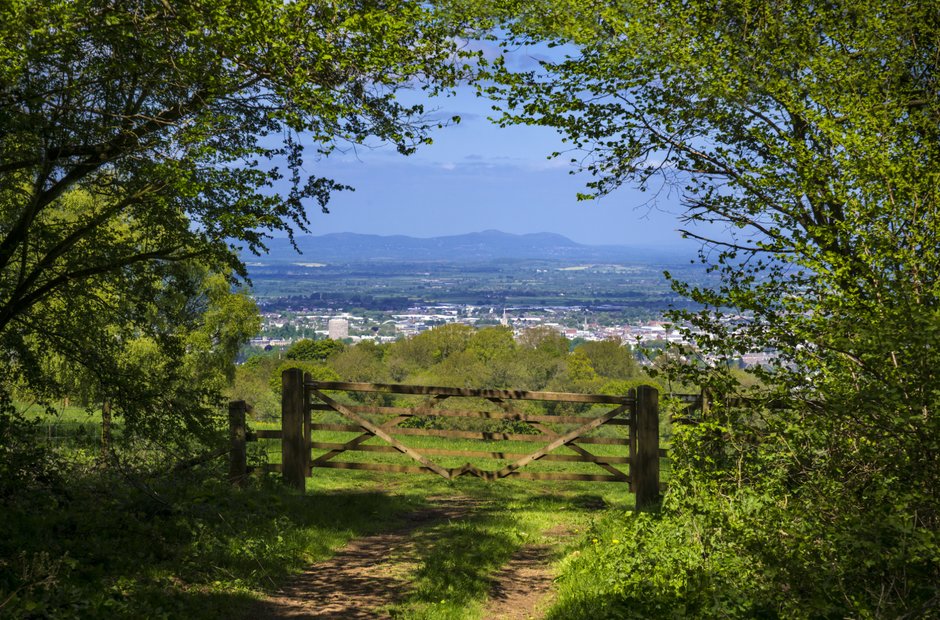
Holst’s first major orchestral work is a superb pastoral piece, displaying early hints of his greatness. In it, Holst conjures up an affectionate musical tribute to the countryside near his home which had so inspired his youth. At the centre of the symphony is a heartfelt elegy for the great designer, poet and Socialist visionary, William Morris, who was one of Holst's great heroes.
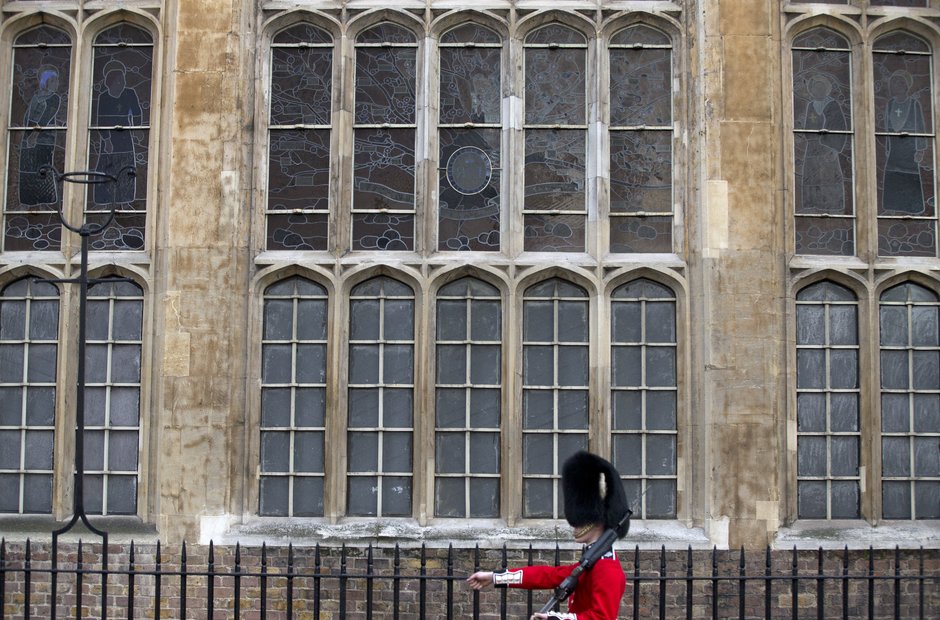
Boyce was one of the most important English composers of the Baroque period, appointed Master of the King's Musick in 1755 and organist at the Chapel Royal at St. James’s Palace (pictured). His tuneful and rhythmic eight symphonies are the best known of all his works. The Symphony No. 1 in B flat major is derived from the overture to the New Year’s Ode, ‘Hail, hail, auspicious day’, written to welcome in 1756.
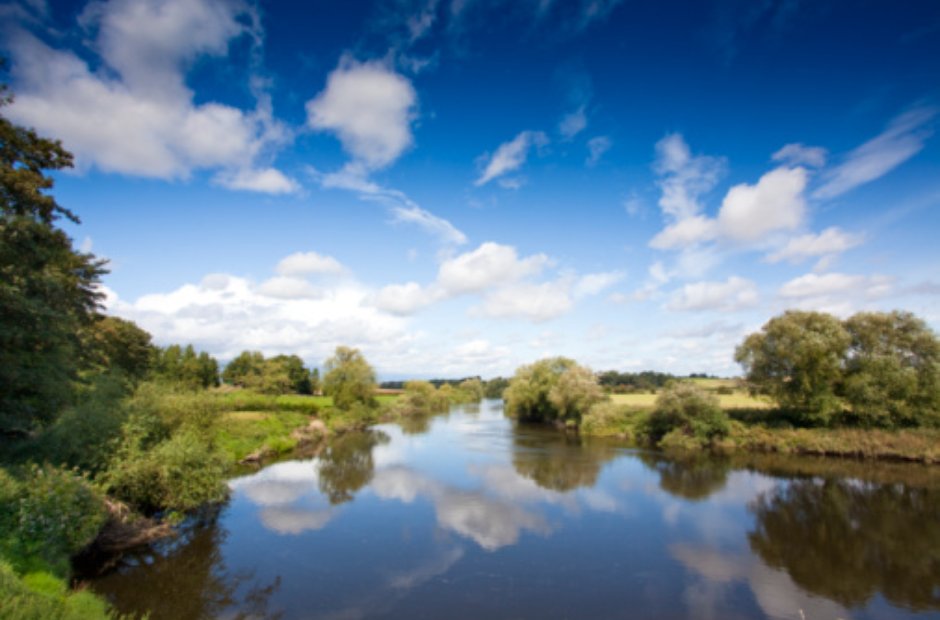
The world-renowned classical harpist is breaking new ground as a composer and pianist. This piece comes from her recent album of compositions, Tides. It’s a beautiful yearning piece which, although not featuring the harp, features repetitive harp-like arpeggios that instantly transport the listener into a peaceful state of mind.
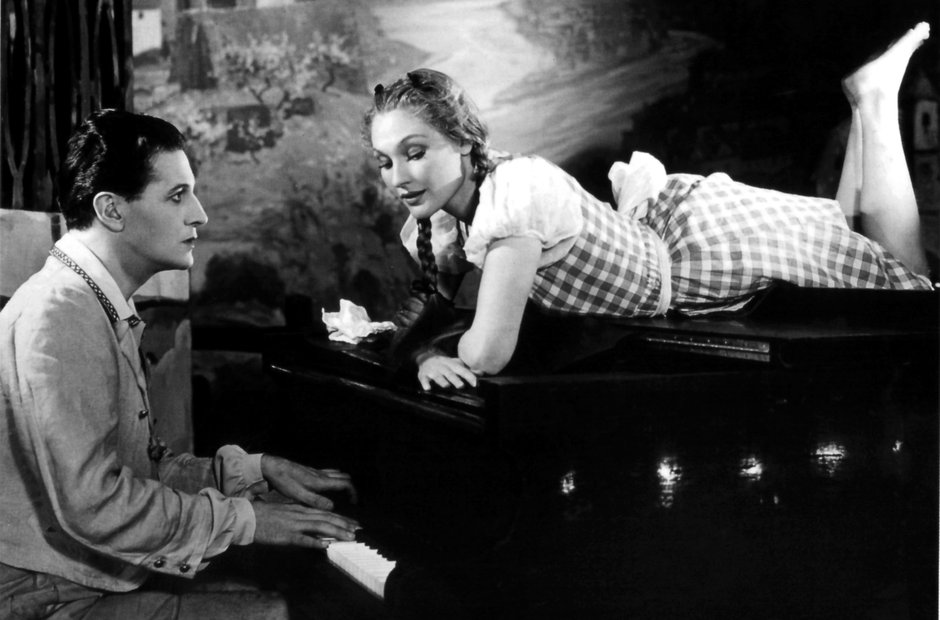
One of Novello's most popular and successful musicals, The Dancing Years opened in London on 23 March 1939. It was an expensive, spectacular production, set against the rise of the Nazis in Germany. Novello (pictured) played a penniless composer in love with two women from very different social classes, one being an innkeeper's daughter and the other an opera singer.

The name of the final movement of Handel's Suite No. 5 in E major wasn't given by the composer. Was he inspired to write it upon hearing the hammer on an anvil in a smithy? Or did he hear a blacksmith singing the tune? Probably neither. In Dickens’s Great Expectations, Pip is given the nickname of Handel by in honour of his upbringing as a blacksmith, and in honour of this piece.
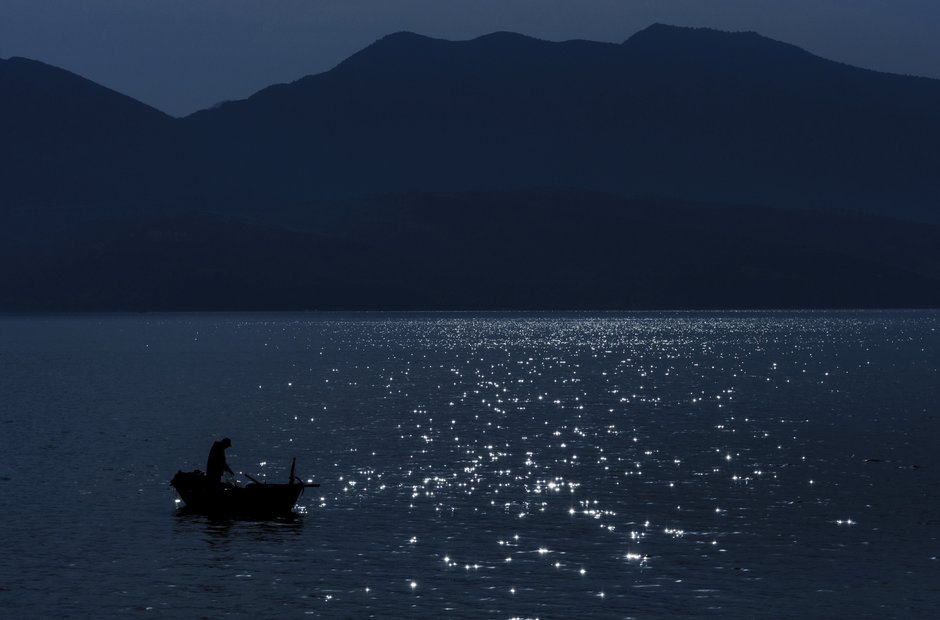
William Lloyd Webber’s two-part song is about a magic boat: ‘I know of a lovely magic boat; on a silver sea she rides afloat, with a cargo of pearl and silver beans to fashion the little children’s dreams’ It recently was given a beautiful arrangement for two cellos by the composer's son Julian Lloyd Webber and played by him with his wife Jiaxin.
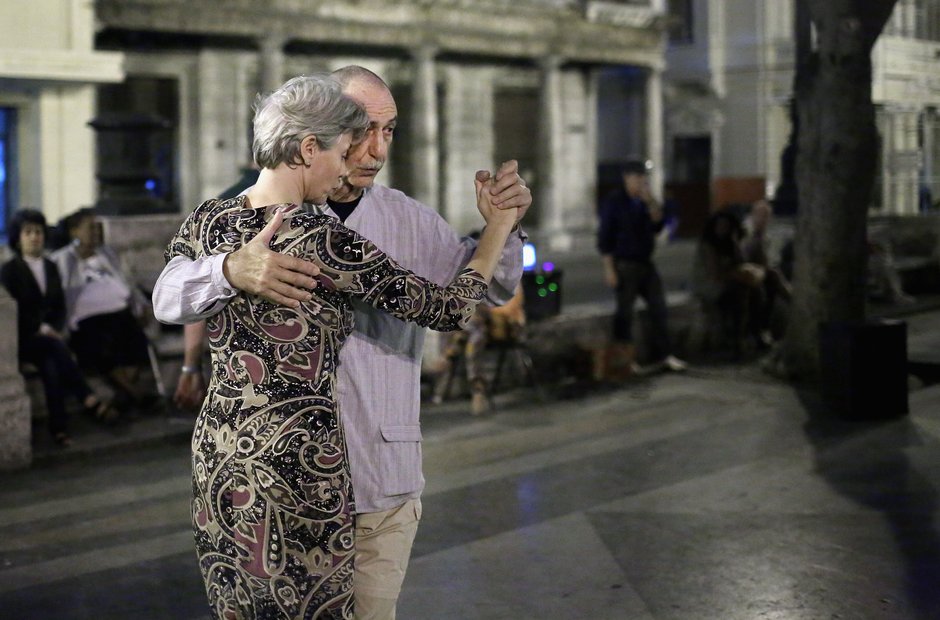
A prolific composer of light classical music, Oxford-born Bryan Kelly - who turned 80 in 2014 - has been writing in many different genres since the 1940s. His Tango for Strings is bitter sweet, and evocative of a gentler, bygone era.

This sweet, delicate piece is one of the light music composer's most popular. It was composed in 1955 as incidental music for a radio play, 'The Story of Cinderella', accompanying the moment where Prince Charming meets Cinderella and is struck by her beauty and charm. Tomlinson subsequently turned into an independent, and well-loved, concert item.
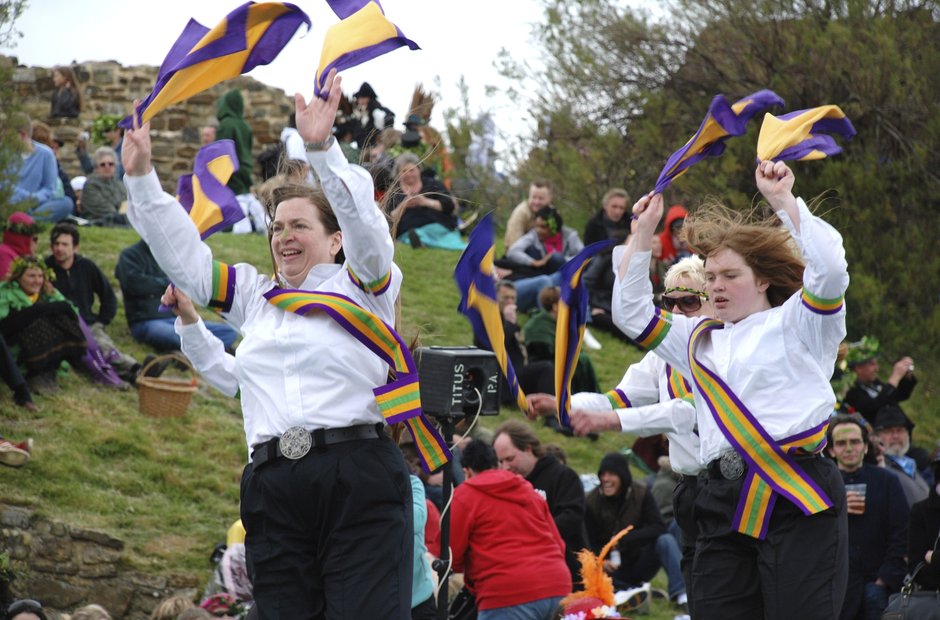
Initially titled A New Year's Overture, this high-spirited piece was completed in January 1923. At the time Coates was in an exuberant mood, living in a flat at the top of his wife's parents' house, looking down onto a wide, tree-lined road where the birds sang all day. A delightful miniature masterpiece.
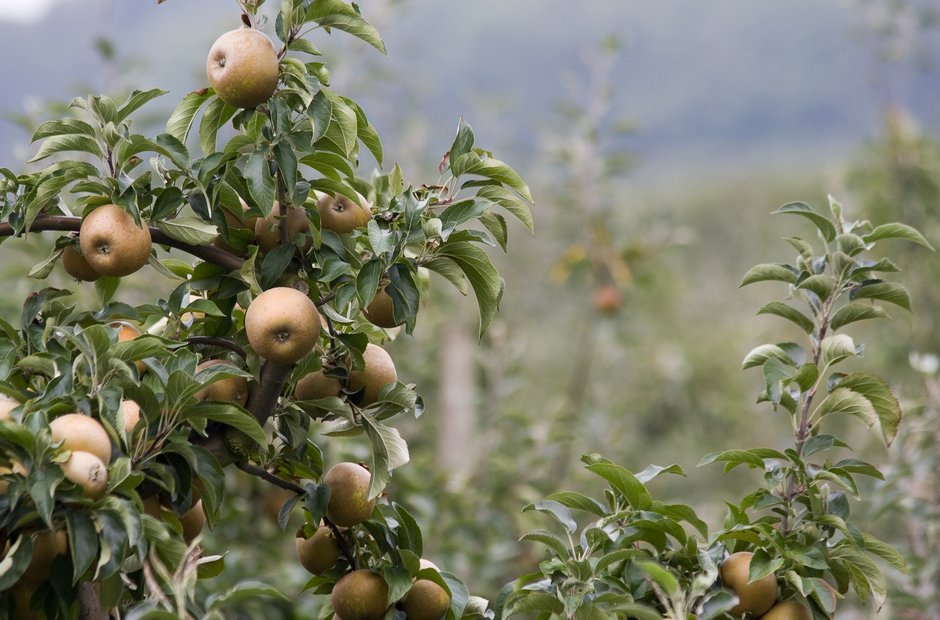
After losing his music teacher Ernest Farrar as well as his father and three of his brothers during his formative years, Finzi settled in Wiltshire, where he devoted himself to composing and apple-growing. His sadness and a profound love of the English countryside are evident in this short but beautiful piece written in 1928, reminiscent of Elgar at his most rapturous - and deeply touching.
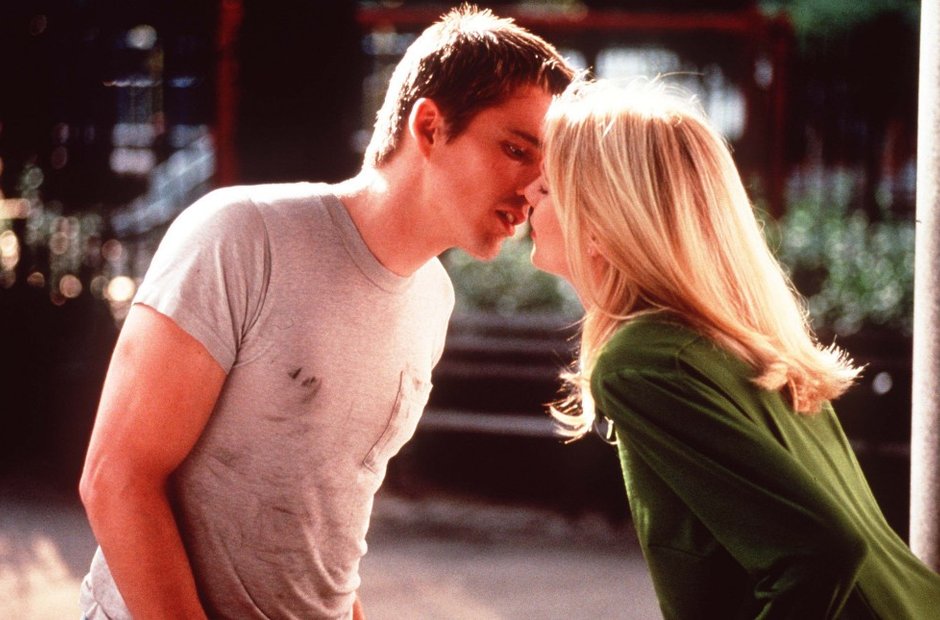
Patrick Doyle created a hugely diverse range of pieces for this contemporary updating of Dickens's classic, starring Gwyneth Paltrow and Ethan Hawke. Featuring guest musicians including guitarist John Williams, Adiemus vocalist Miriam Stockley and superstar soprano Kiri Te Kanawa, the score drew on classical and film music styles, opera, flamenco, pop, new age and jazz, among others.
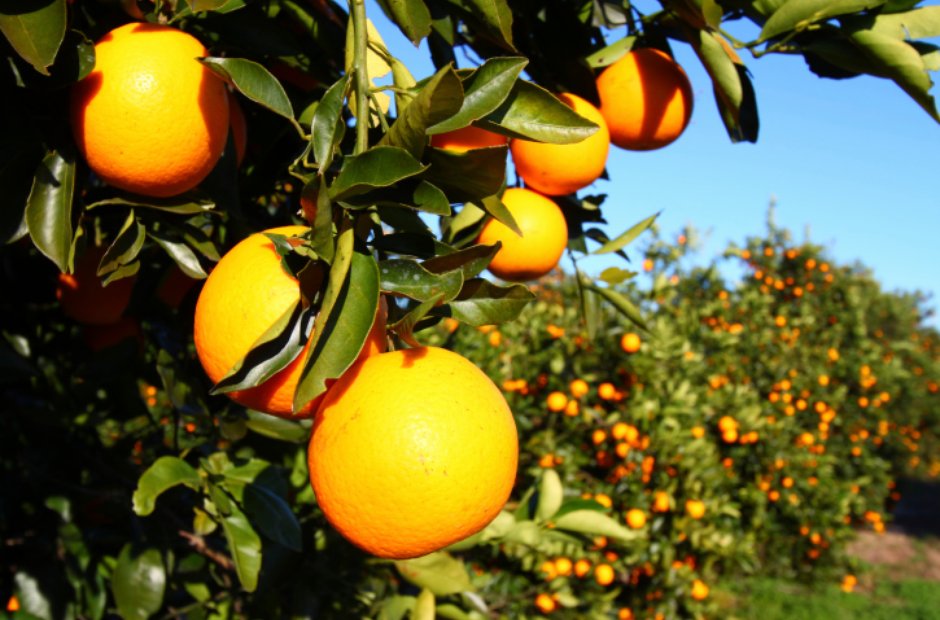
Delius composed this work in 1887 at Leipzig, after time spent managing an orange grove in Florida. He was inspired by its landscape and culture, mainly centred on the St. Johns River. The 'Daybreak' movement includes a version of the tune 'La Calinda', which Delius later used in his opera 'Koanga'.
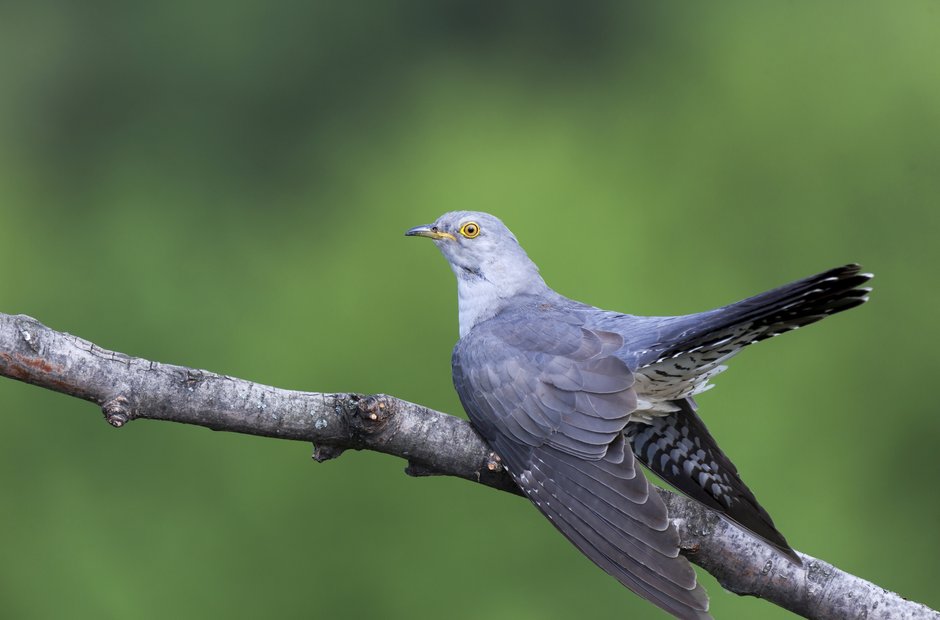
Delius’s compositions were strongly influenced by those of Grieg, and it's said that On Hearing the First Cuckoo in Spring is a reflection on one of Grieg’s Norwegian Folk Tunes. It dates from a happy period of Delius's life and is one of his most impressionistic works with the clarinet repeating the cuckoo’s familiar call.
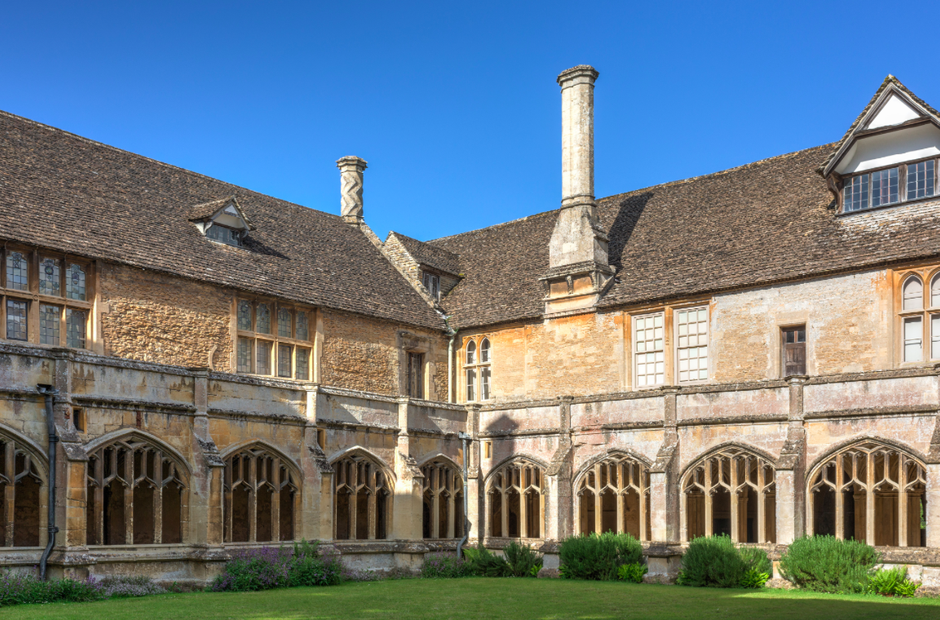
Debbie Wiseman's haunting score perfectly suited the feel of the TV adaptation of Hilary Mantel's acclaimed novel. Deceptively simple but replete with the tense undercurrents that characterise the plotting and intrigues of the Tudor court. Some scenes for Wolf Hall were shot at Lacock Abbey in Wilsthire (pictured). Photo: Diliff

The Inverness-born composer and pianist was championed by ClassicFM in 2013 when his strikingly beautiful debut album for solo piano, 'Sketches of Light' was released. He describes his music as 'not jazz, not classical, not improvised, but maybe a glimpse of something new'. It's certainly very beautiful.
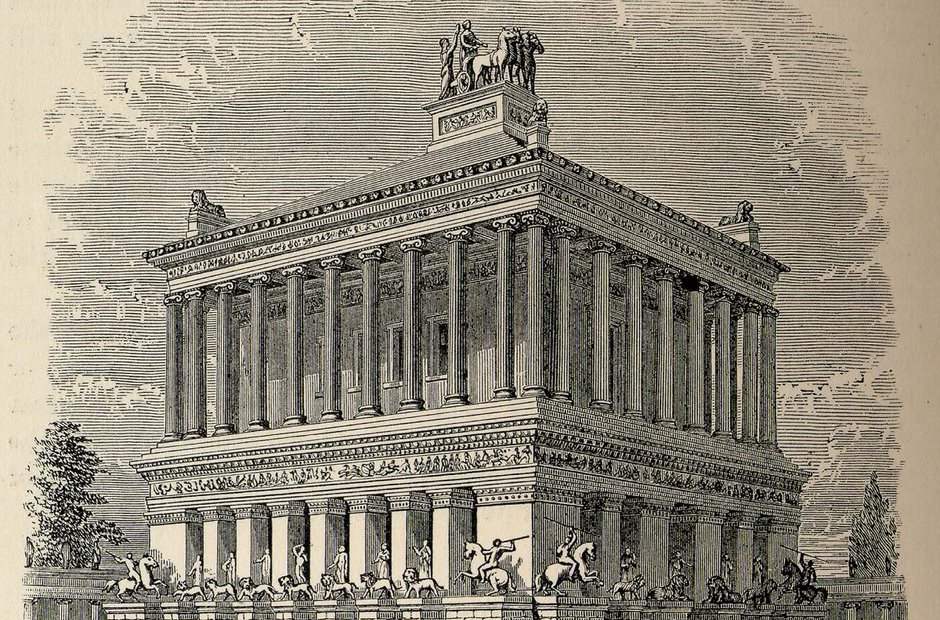
This, the best known work by Scottish pianist and composer Stuart Mitchell, was written in 2001. Each of its movements is based on the seven wonders of the ancient world and Mitchell deploys all the power and colour of the orchestra to evoke a picture in music of each of these incredible structures.
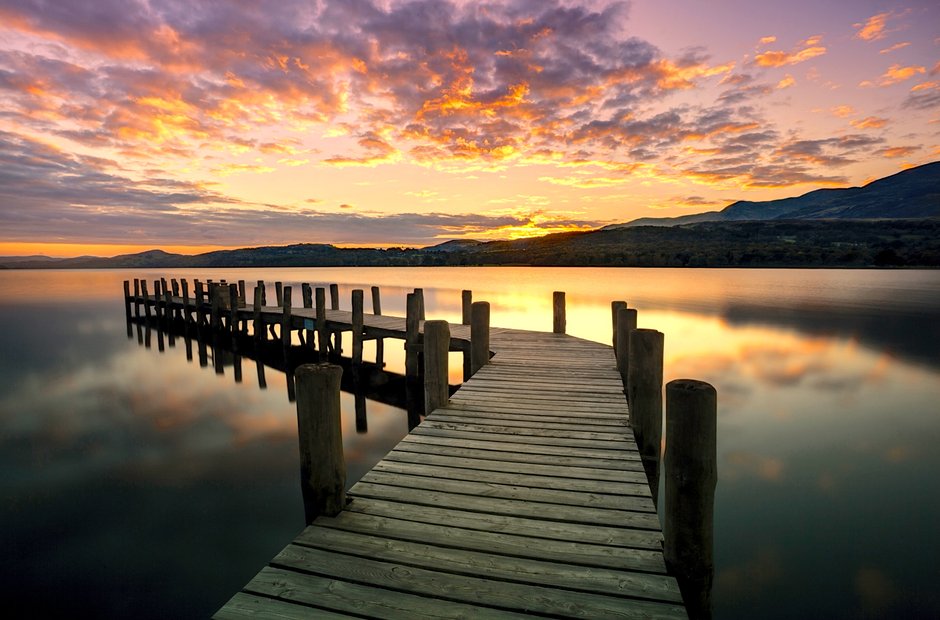
This old Latin hymn has frequently been set to music. The earliest is a plainsong version - used as the opening of Benjamin Britten's Curlew River. Tallis composed two memorable settings - one for festive occasions, and the other for ordinary days . Its words translate as "To thee before the close of day/Creator of the world, we pray/That, with thy wonted favour, thou/Wouldst be our guard and keeper now.
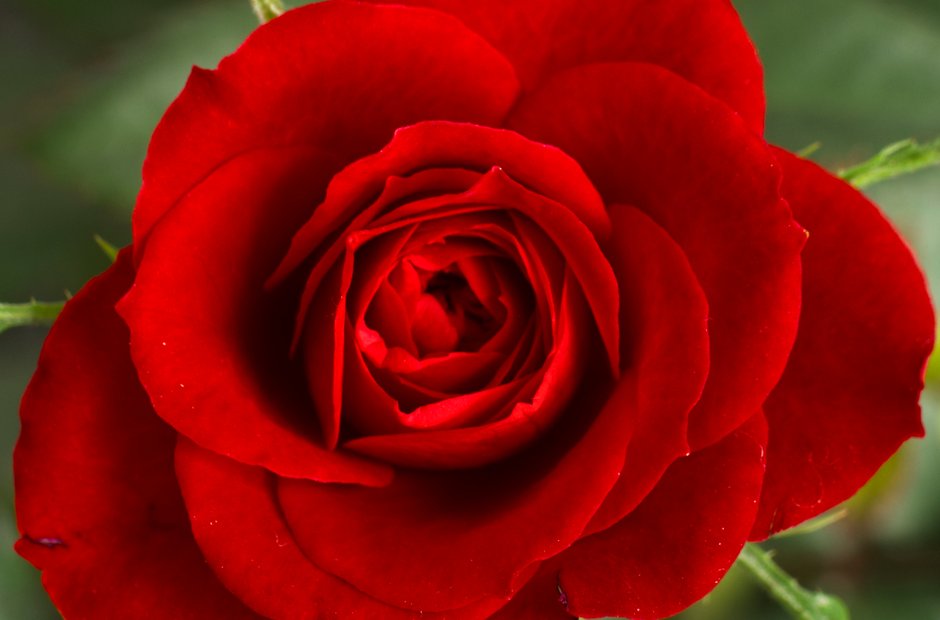
A euphoric declaration of how positive love - a state in which the ever amorous poet Robert Burns very often found himself -can be. Nicola Benedetti has recently revived listeners' interest in the popular tune, arranging it for the first time for violin and orchestra.
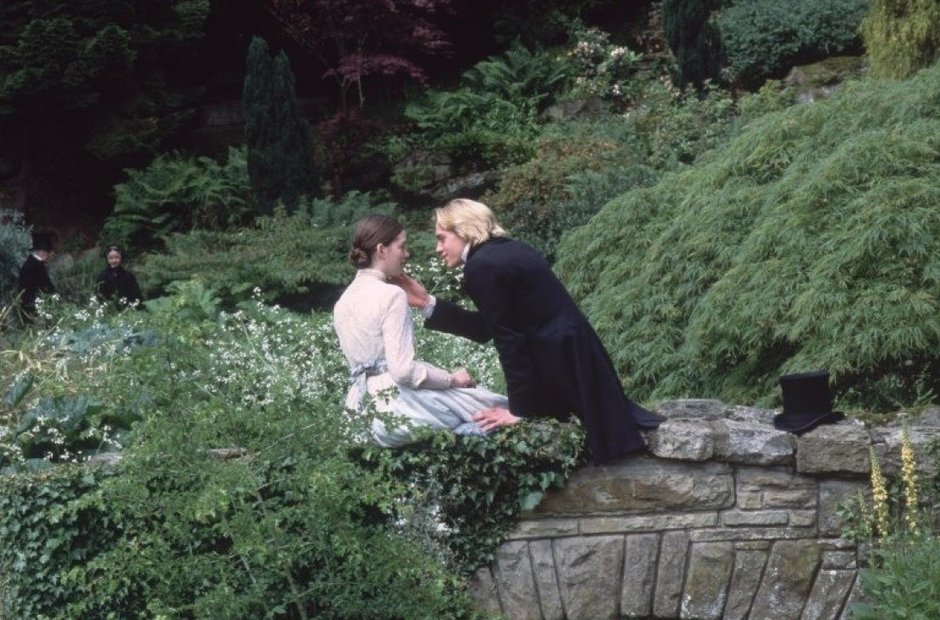
Douglas McGrath's 2002 film version of Nicholas Nickleby came complete with a pastoral-style score from Rachel Portman, the first woman composer to win an Oscar for film music - for Emma, also directed by McGrath. Portman's score is a delight - all lilting strings and sprightly woodwinds.
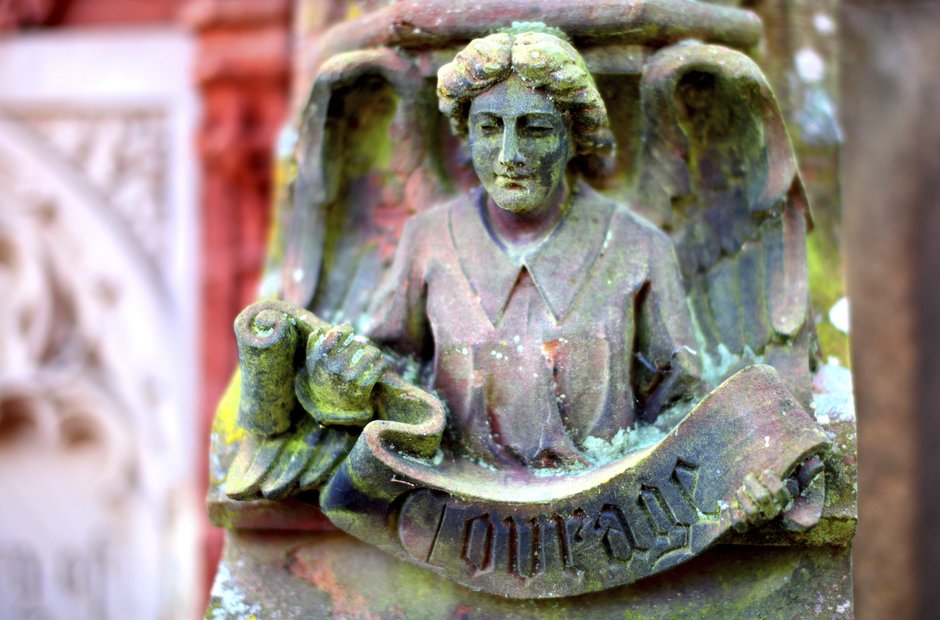
The English Renaissance composer produced sacred music for use in Anglican services, although he became a Roman Catholic in later life and wrote Catholic sacred music as well. His serene and beautiful setting of "Justorum animae" comes from the biblical Book of Wisdom. The line 'Justorum animae in manu Dei sunt' ('The souls of the just are in the hand of God) would have been a source of solace for devout believers.
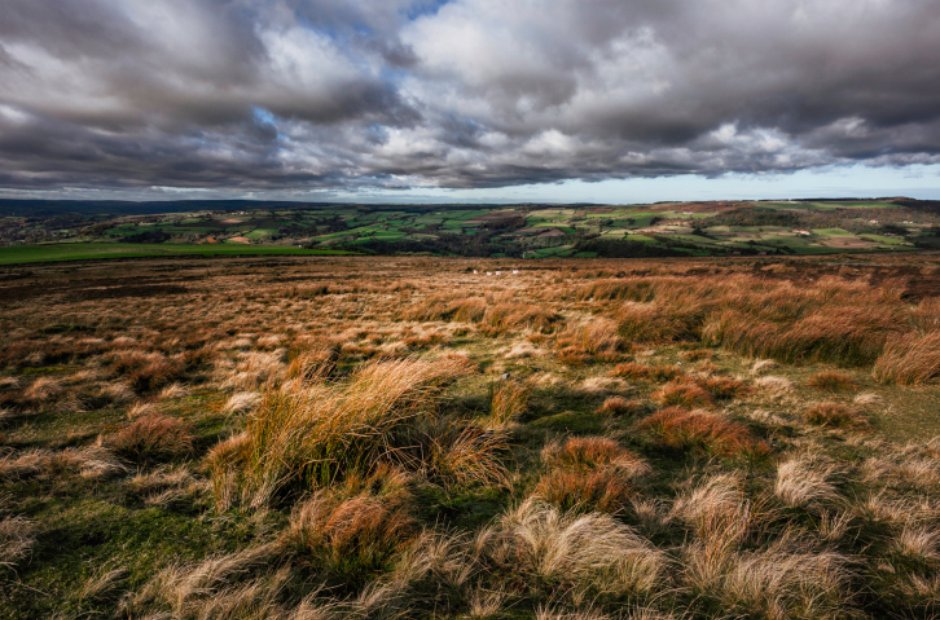
In 1998, the great film music composer and Yorkshireman John Barry recorded an almost hour-long concert piece in which he reflected back musically on his life and work, evoked his childhood and his favourite places, and showcased music which he had composed, and which was rejected, for Robert Redford's 'The Horse Whisperer'. Haunting stuff.
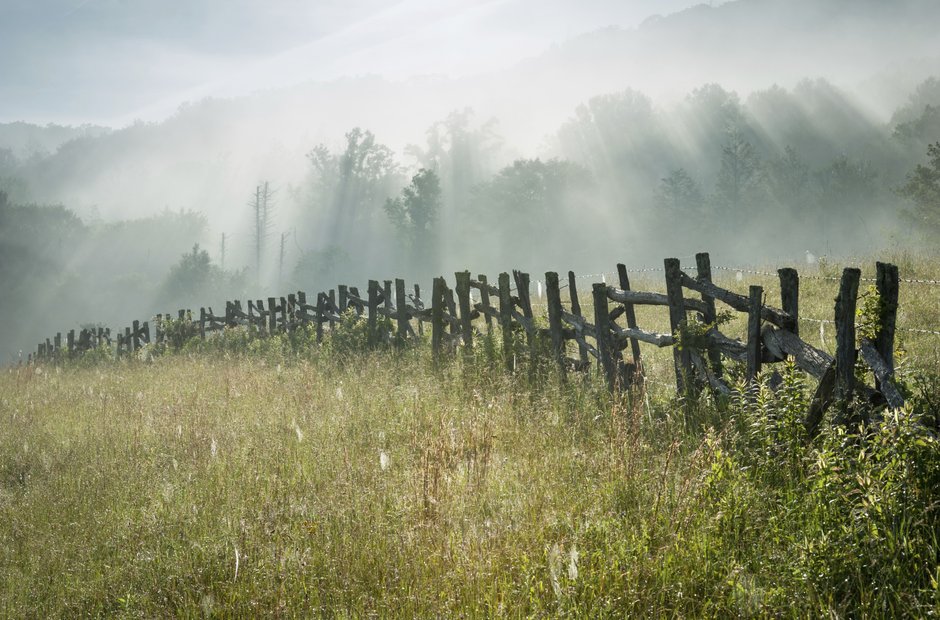
This little-known 1950 cantata was the first musical piece ever commissioned by the Women's Institute, bringing together two of Vaughan Williams's personal loves: amateur music-making and English folksong. The first performance took place at the Royal Albert Hall with the W.I. members - no less than 3,000 of them - singing away conducted by Sir Adrian Boult. Later the composer turned the piece into an orchestral suite.
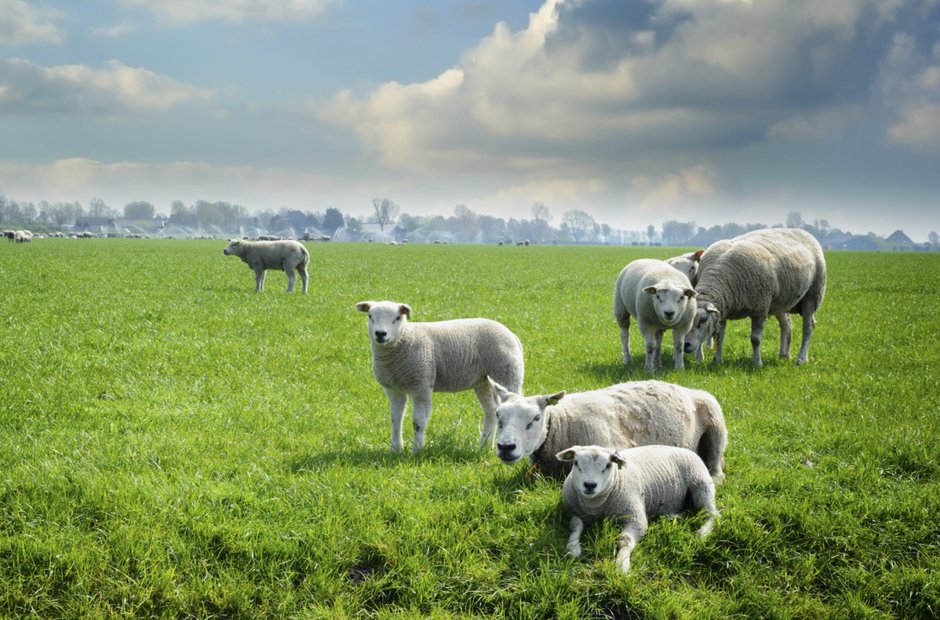
A tender and lyrical pastoral version of Psalm 23. John Rutter originally wrote this anthem in 1976. It later became part of his setting of the Roman Catholic Requiem Mass, completed in 1985.
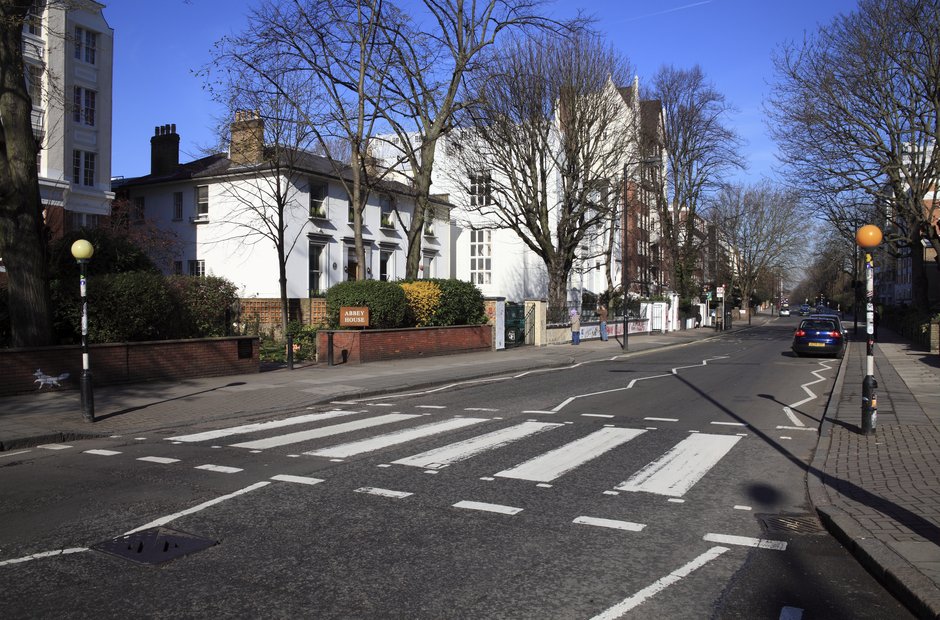
Recognise this zebra crossing? It's where The Beatles were photographed for one of their most iconic album covers, 'Abbey Road'. Their legendary producer, Sir George Martin is sometimes referred to as 'the Fifth Beatle' for his distinctive contribution to each of their original albums. But Sir George had a Guildhall training in piano and oboe and originally worked in classical music. His suite for guitar and orchestra, 'Three American Sketches' includes this tender and touching melody.
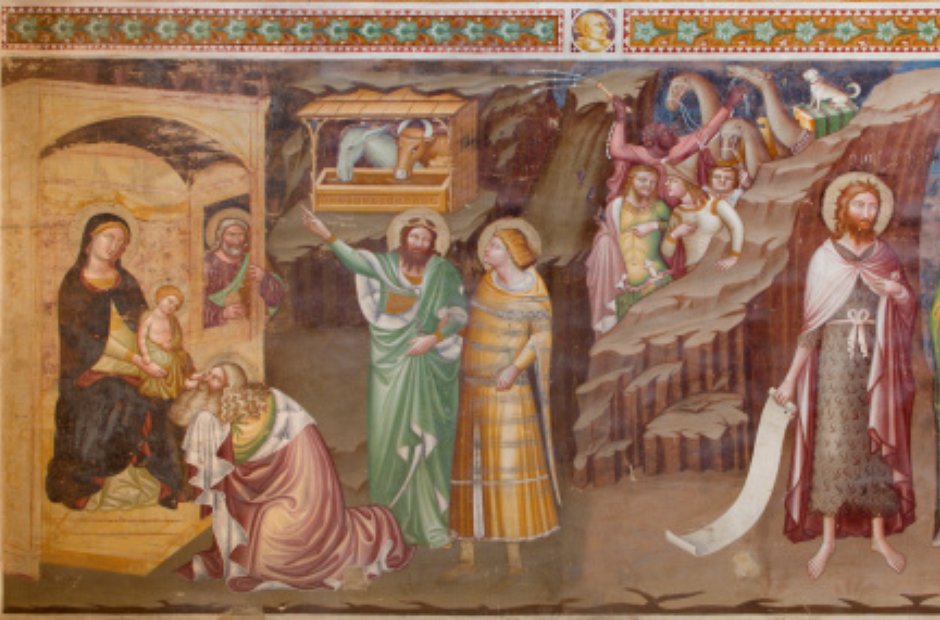
Cecil Armstrong Gibbs’s simple and gentle The Stable Door is a charming discovery and could easily become a Christmas favourite. It was written in 1933, setting words by Lilian Cox, and is dedicated ʻTo the Rev. R.E. Fanshawe,ʼ who was a close friend of the composer.
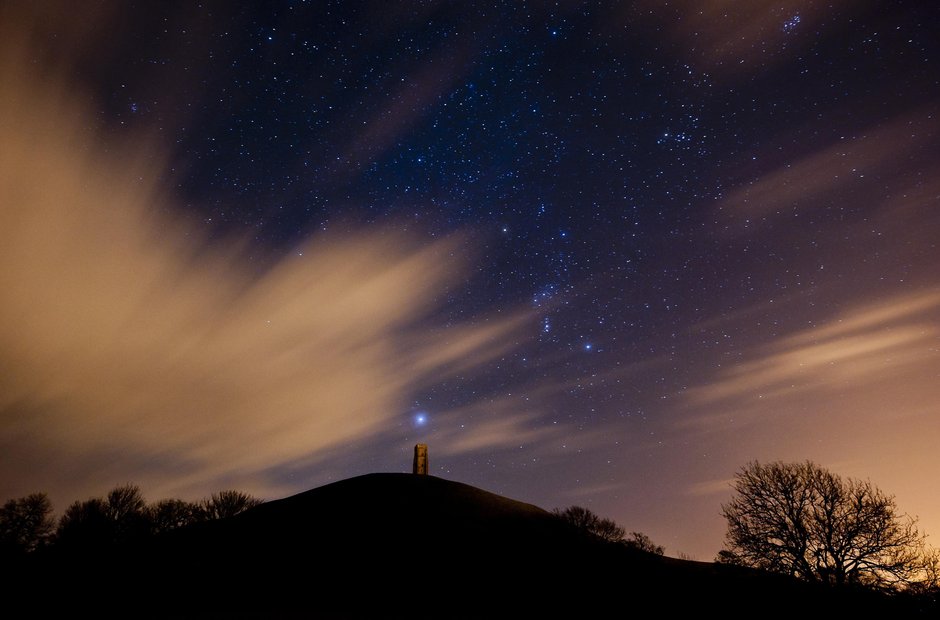
Commissioned for the choir of Clare College, Cambridge, this joyous, gently expressive Christmas carol has one of John Rutter's finest, soaring melodies. The text, written by Rutter is inspired by an inscription in Durham Cathedral by the Venerable Bede: 'Christus est stella matutina'. Photo: PA/Ben Birchall
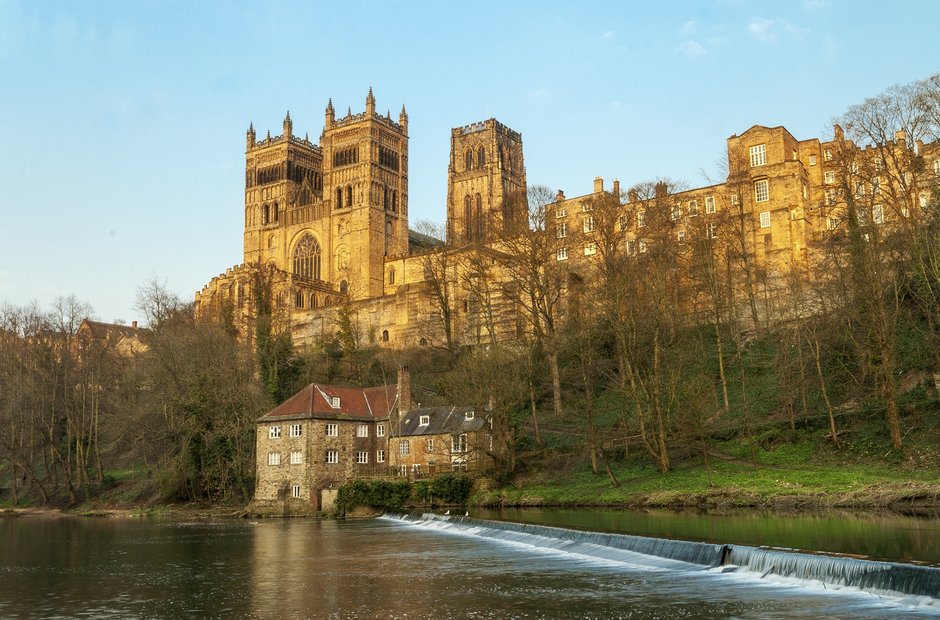
The six Cello Concertos by John Garth are largely unknown and were until quite recently undiscovered. A native of County Durham, Garth was a brilliant composer and these Cello Concertos are probably the earliest examples in Britain. Photo: Getty

This well-known song, evoking the largest Scottish loch, was first published in 1841. There are many theories about the meaning of the song, most of which are connected to the Jacobite Uprising of 1745. It has been recorded by many performers over the years, including the rock band AC/DC. A notable recent recording is Nicola Benedetti's on her album, Homecoming.
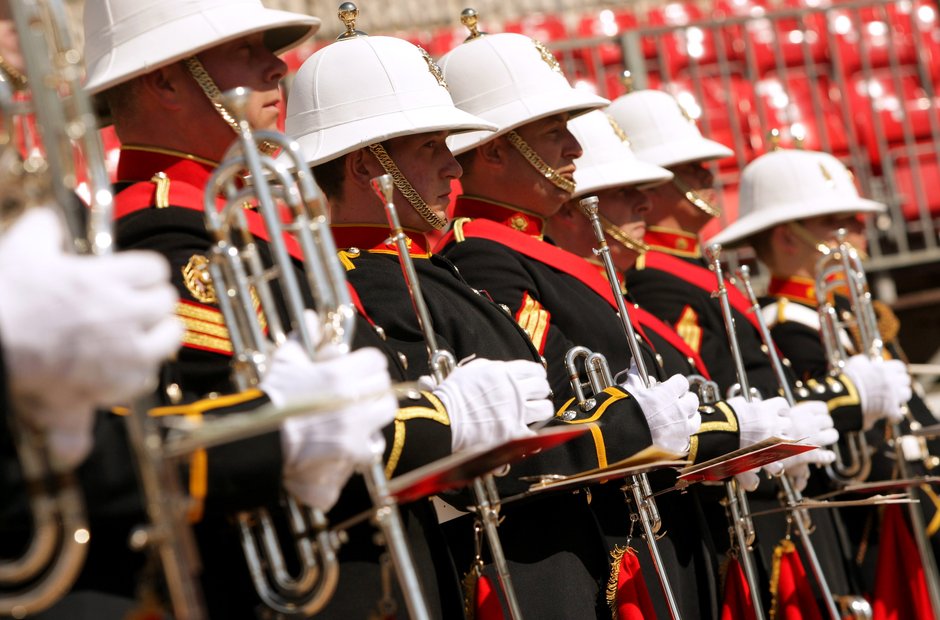
A hymn for 'those in peril on the sea', a rich musical sentiment that features a gorgeous muted trumpet solo at its peak. Originally written in 1860, the tune was popularized by the Royal Navy. The hymn is regularly invoked by ship's chaplains and sung during services on ocean crossings. Dykes was a well-known composer of nearly three hundred hymn tunes, many of which are still in use today.
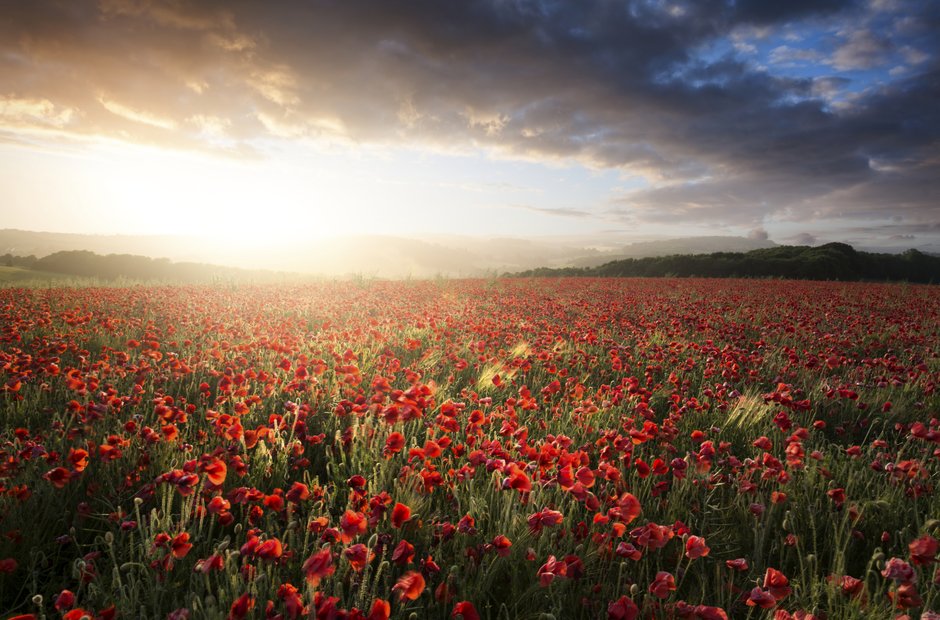
Will Todd has been hailed as “one of the UK’s most sought-after, versatile composers”. This piece comes from a collection of choral music ‘for peace and reflection’ recorded by the vocal ensemble Tenebrae, and is especially relevant in the centenary year of the outbreak of World War I. It was recorded in the serene setting of St Augustine’s Church, London.
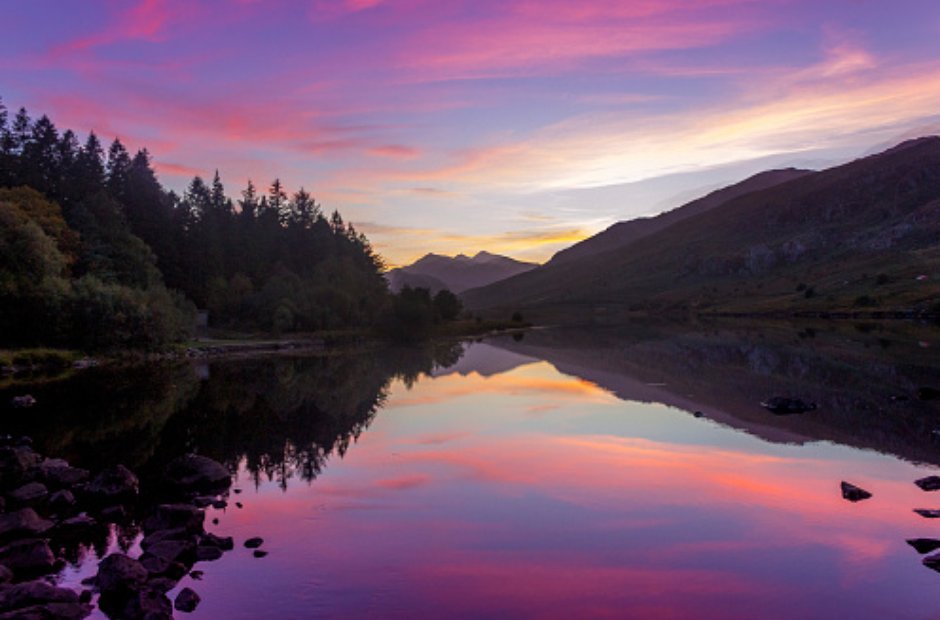
Since 1905 Hen Wlad Fy Nhadau has been the unofficial national anthem of Wales, when it was first sung by fans at rugby games. Today it is used at official government ceremonies, including the opening of the Welsh Assembly, and at receptions of the British monarchy. The song was written in 1856 with words by Evan James and the tune by his son, James, both residents of Pontypridd.
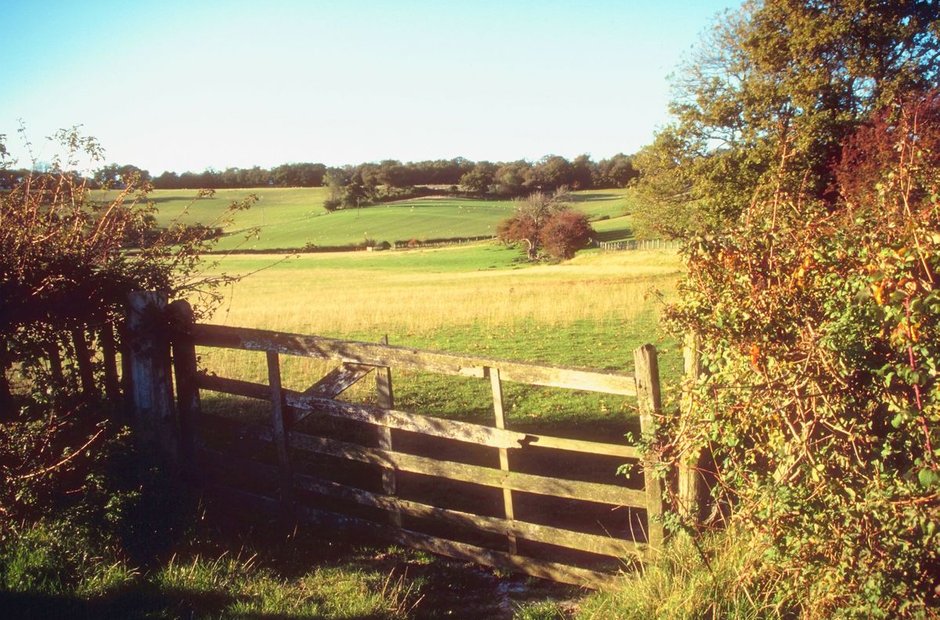
"He rises and begins to round/He drops the silver chain of sound/Of many links without a break/In chirrup, whistle, slur and shake." Vaughan Williams' pastoral masterpiece was inspired by a poem by George Meredith. Vaughan Williams treats us to the violin as lark, entwining itself around the orchestra and then breaking free, rising to ever loftier heights.
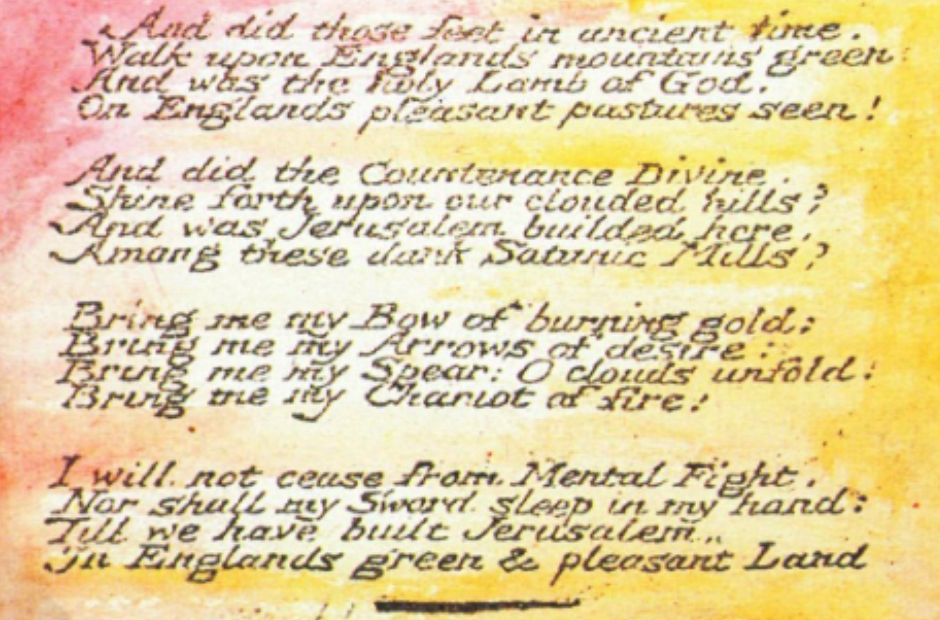
Rightly titled, 'And did those feet in ancient time', this short poem was written by William Blake as part of the preface to his epic 'Milton - a Poem'. Sir Hubert Parry set it to music in 1916 and the song was taken up by the Suffragettes in 1917, becoming the Women Voters' Hymn and later the anthem for the Women's Institute. King George V reportedly said that he preferred 'Jerusalem' over 'God Save the King' as the national anthem.
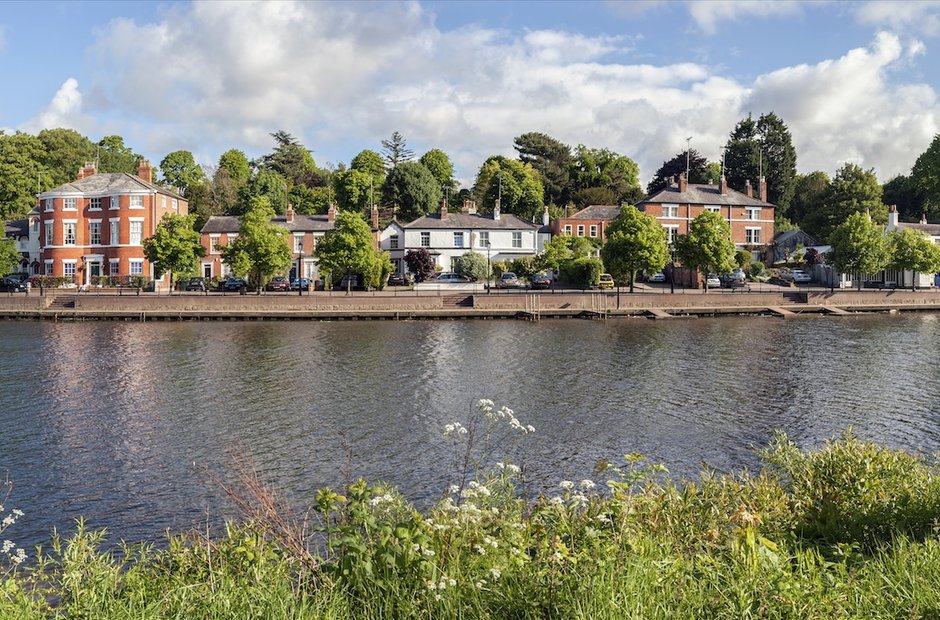
Born in Oxton, Cheshire, Cyril Scott knew everybody - Ravel, Humperdinck, Percy Grainger, Debussy - who described Scott as an exceptional artist of his generation - H. G. Wells and George Bernard Shaw, to name but a few. Scott wrote some 400 works including four symphonies, three operas and countless songs including this beautiful lullaby based on words by Christina Rossetti.
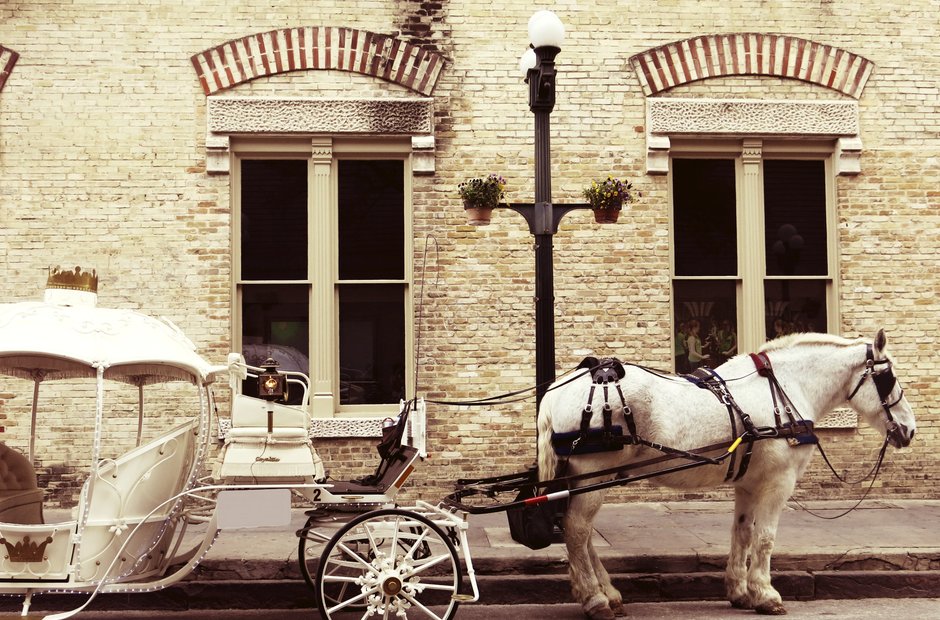
'The Story of Cinderella' was a radio play broadcast on Christmas Eve 1955. Radio engineer Ernest Tomlinson transcribed two melodies from an earlier work by Eric 'Dambusters' Coates to feature at focal points in the play; everything else was newly-composed. The score was a turning-point in Tomlinson's career - it gave him the opportunity to become a full-time composer.
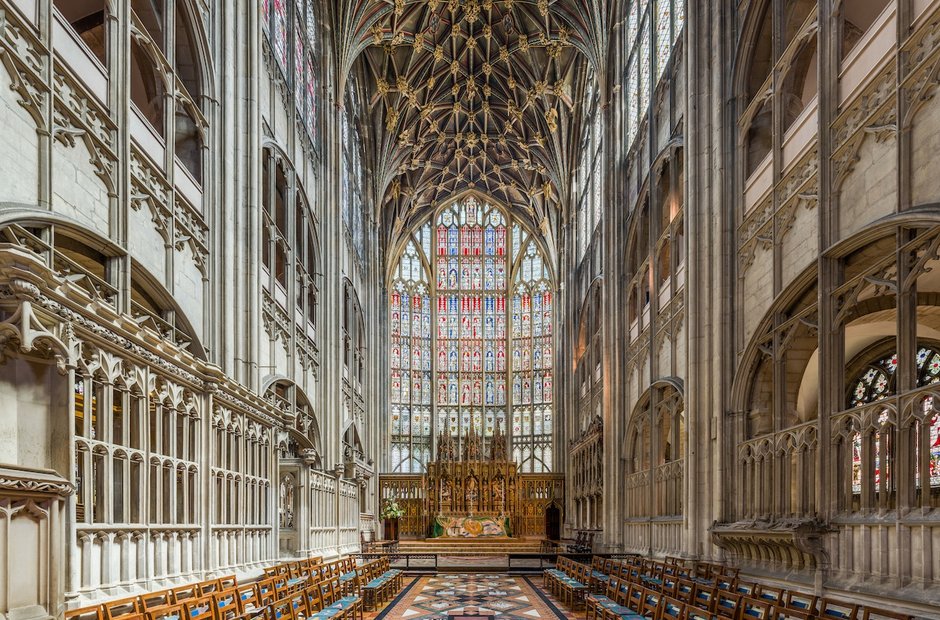
After Vaughan Williams travelled to Paris in 1908 to study orchestration with Maurice Ravel, he embarked on one of his most fruitful periods of composition. 1910 saw the premiere of not just 'A Sea Symphony', but of this Fantasia, performed for the first time at Gloucester Cathedral - pictured - for the Three Choirs Festival. The main theme was discovered by the composer when he was commissioned to put together the 1906 edition of The English Hymnal. Photo: Diliff
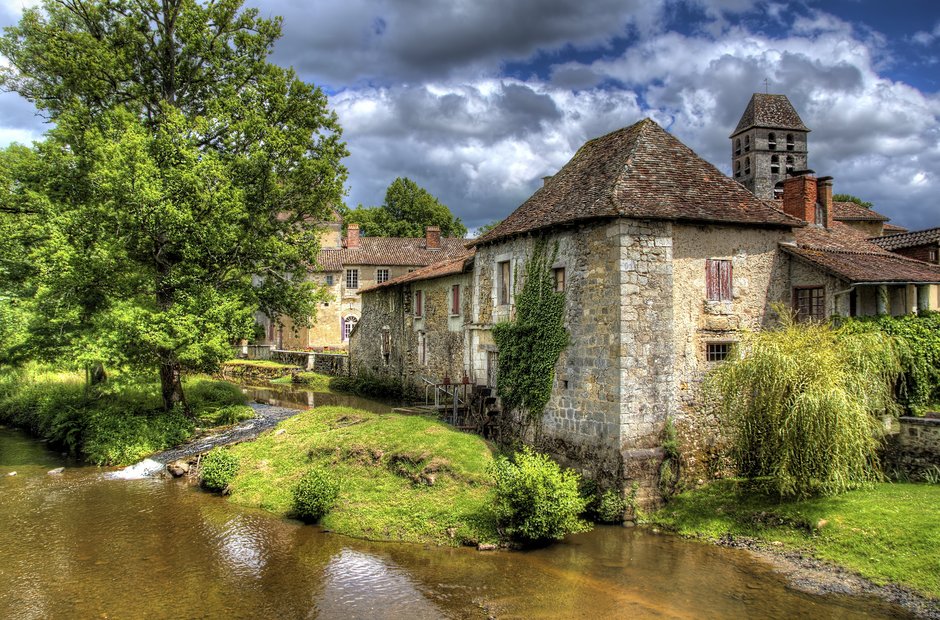
A classic piece of light music, written in 1958, and later used as the theme music for a the television adaptation of 'The Secret Garden'. "This is an absolutely beautiful pastoral piece," says Alan Titchmarsh, "which manages to capture the essence of our countryside in under five minutes. If you ever want calming down and just a chance to breathe, this is the piece."
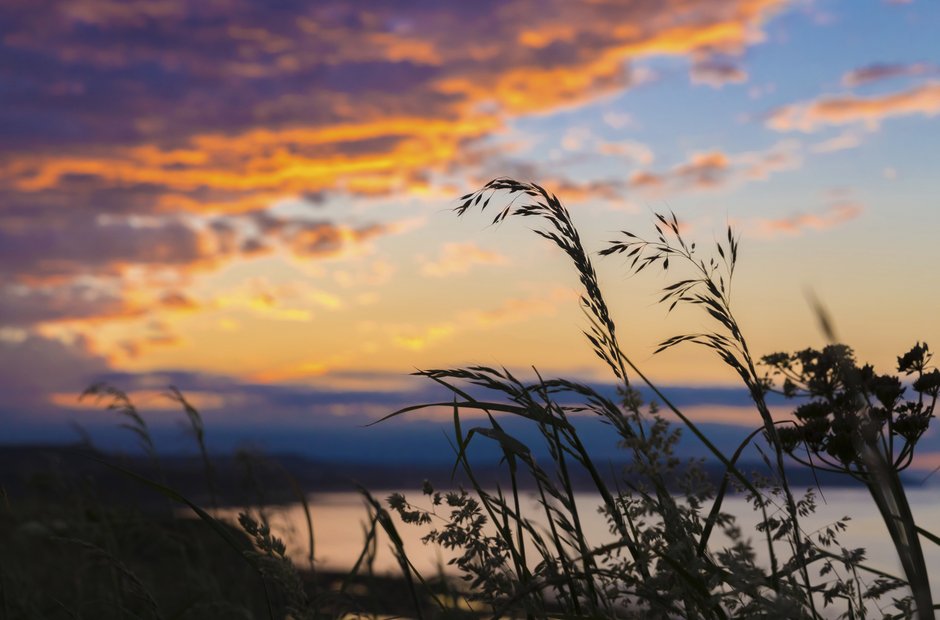
"Although Delius spent a great deal of time abroad he never forgot his English roots," says Alan. "One of his favourite places was Filey, near Scarborough! He loved playing cricket there. He composed this piece after he moved to Leipzig to study music but I think it's got whiffs of Filey and the Yorkshire cliffs and I think it's Delius's wistful longing to be back, looking out to sea, enjoying the clear skies and the warmth of the sun."
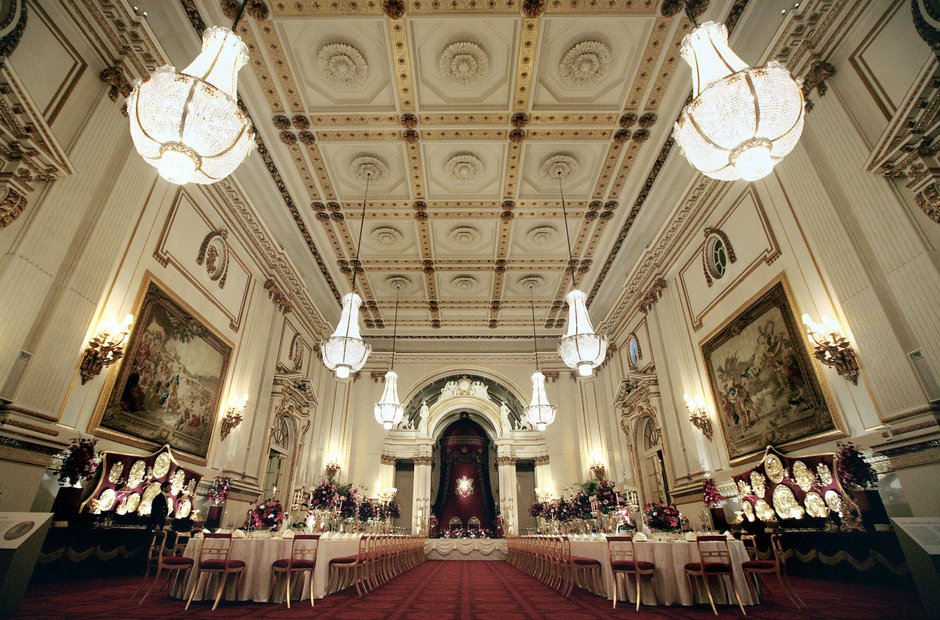
Sir Arthur Bliss, who was Master of the Queen's Music, composed the music for a television documentary, 'The Royal Palaces of Britain', which was broadcast on Christmas Day in 1966. The programme was narrated by the eminent art historian, Sir Kenneth Clark and the music was later turned into a five-movement suite.
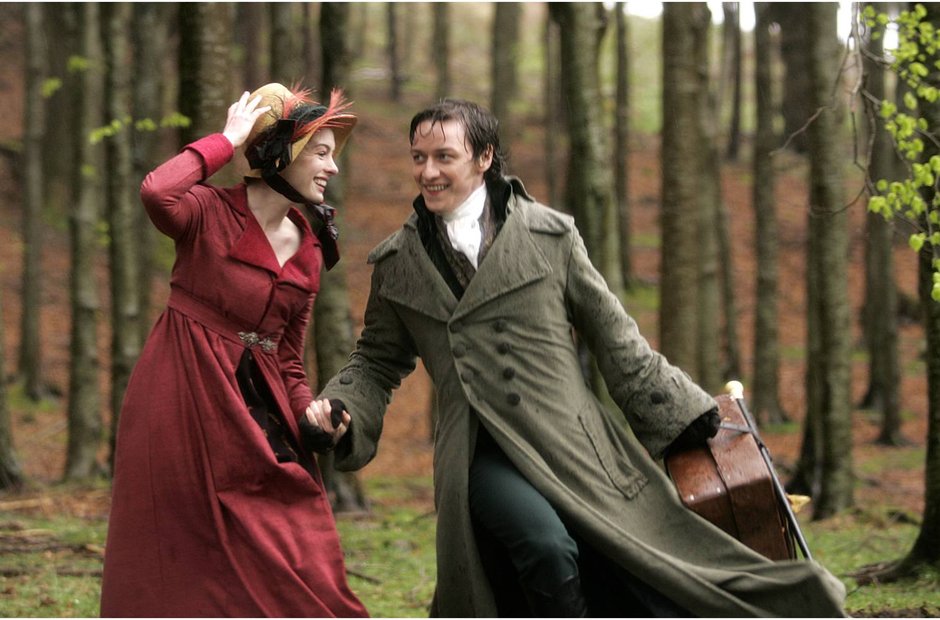
British composer Adrian Johnston wrote the music for the biopic of Jane Austen's early years, starring Anne Hathaway and James McAvoy. It's one of Alan Titchmarsh's favourite soundtracks. "I absolutely love it," he says. Every track is "without exception, beautiful." Alan loves the film too. "It really is one for an evening on the sofa."
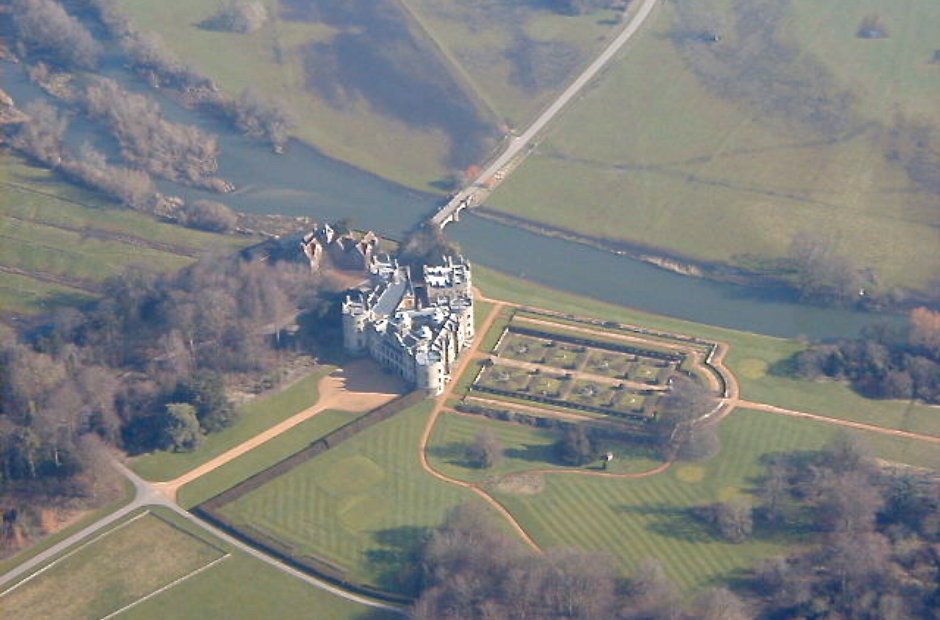
Parry - best-known for 'Jerusalem' and 'I was Glad' - received an unusual commission from Helen, Countess of Radnor, who lived in Longford Castle near Salisbury (pictured). "She was unique in many ways," says Alan, "but perhaps most intriguing was her insistence on doing things that were not normally viewed as acceptable practice for a Victorian lady - one of these was commissioning works for orchestra which she then conducted herself!" Photo: Barry Deakin
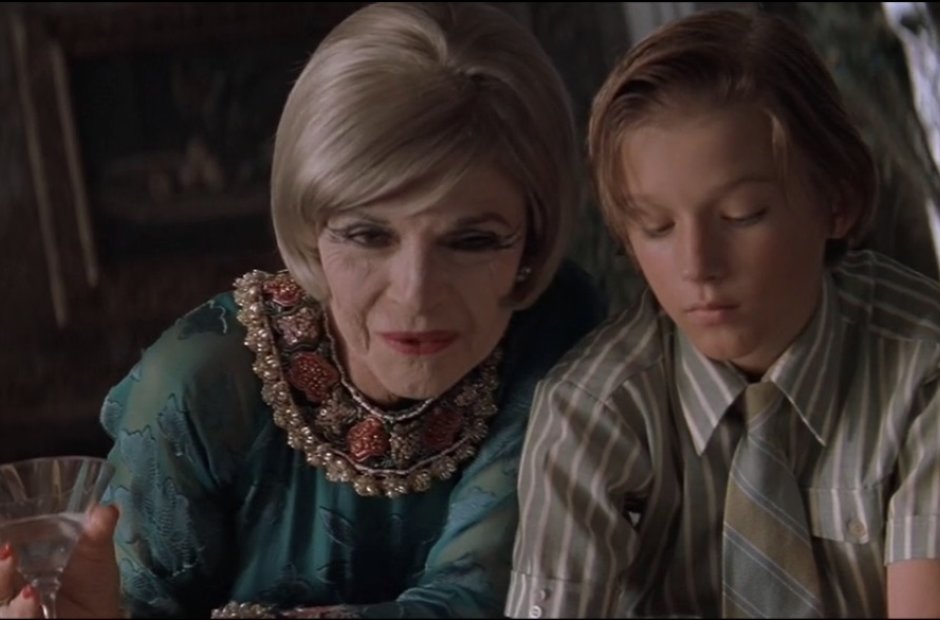
Charles Dickens was a great British author and Patrick Doyle is a great British composer. But this 1997 updated film version of the Dickens classic was in every other way American - Pip became Phin, and Miss Havisham, played by Anne Bancroft, was reinvented as Nora Dinsmore. Kiri te Kanawa and Miriam Stockley also feature on Doyle's inventive soundtrack. "I think it's wonderful," says Alan Titchmarsh.
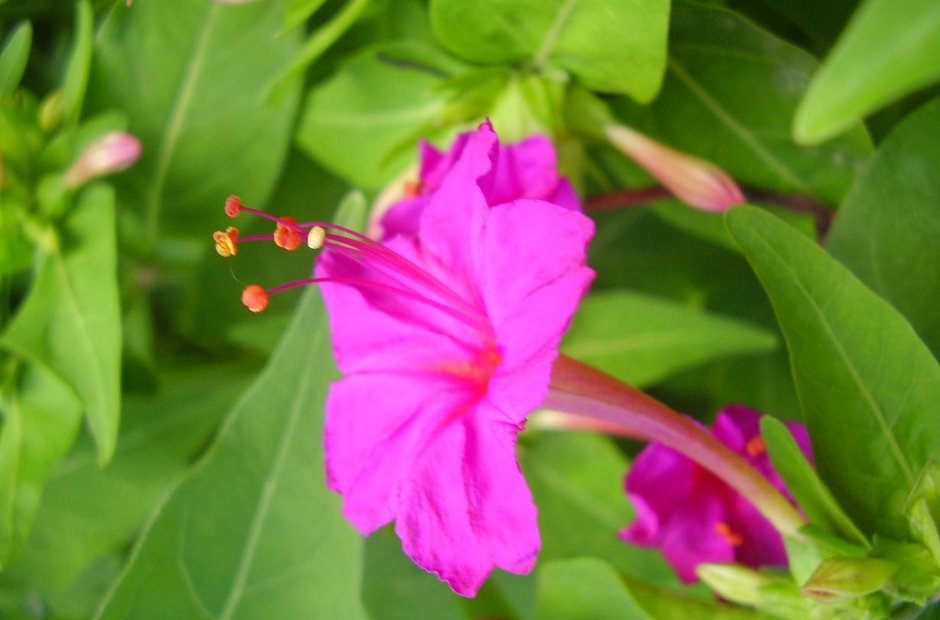
The Scottish composer James Oswald (1710-1769) was a professional composer to George III, ending his life a wealthy man with many published compositions to his credit. For his 'Airs for the Seasons', he wrote a total of ninety-six miniatures, each depicting a different plant or flower in its particular season. "This combines my two passions of music and wild plants," says Alan Titchmarsh. He particularly likes the 'Marvel of Peru', also known as Mirabilis jalapa or the four o'clock flower.